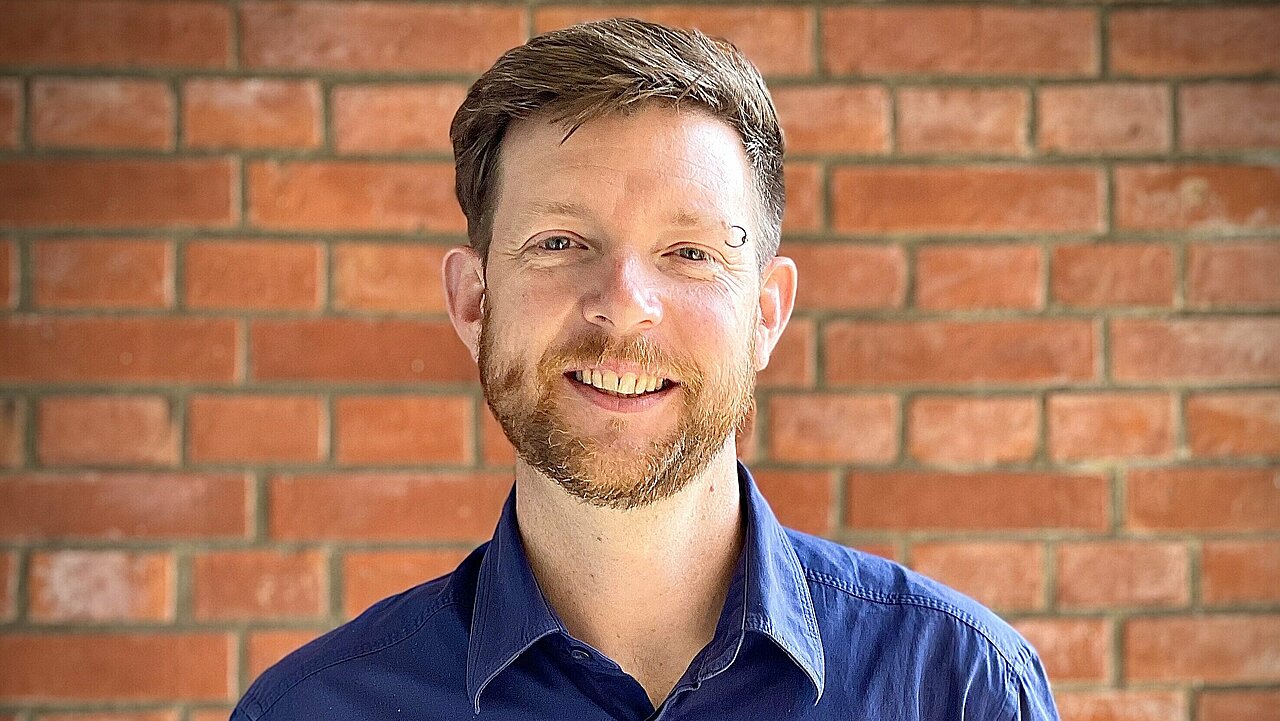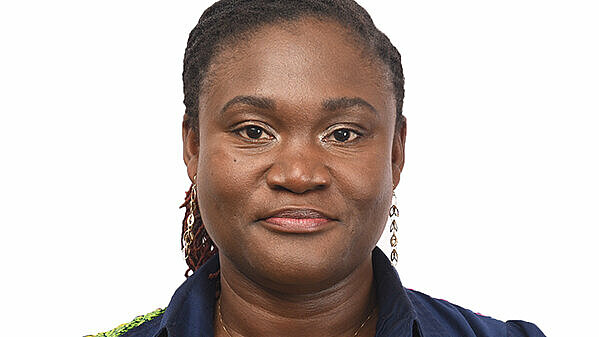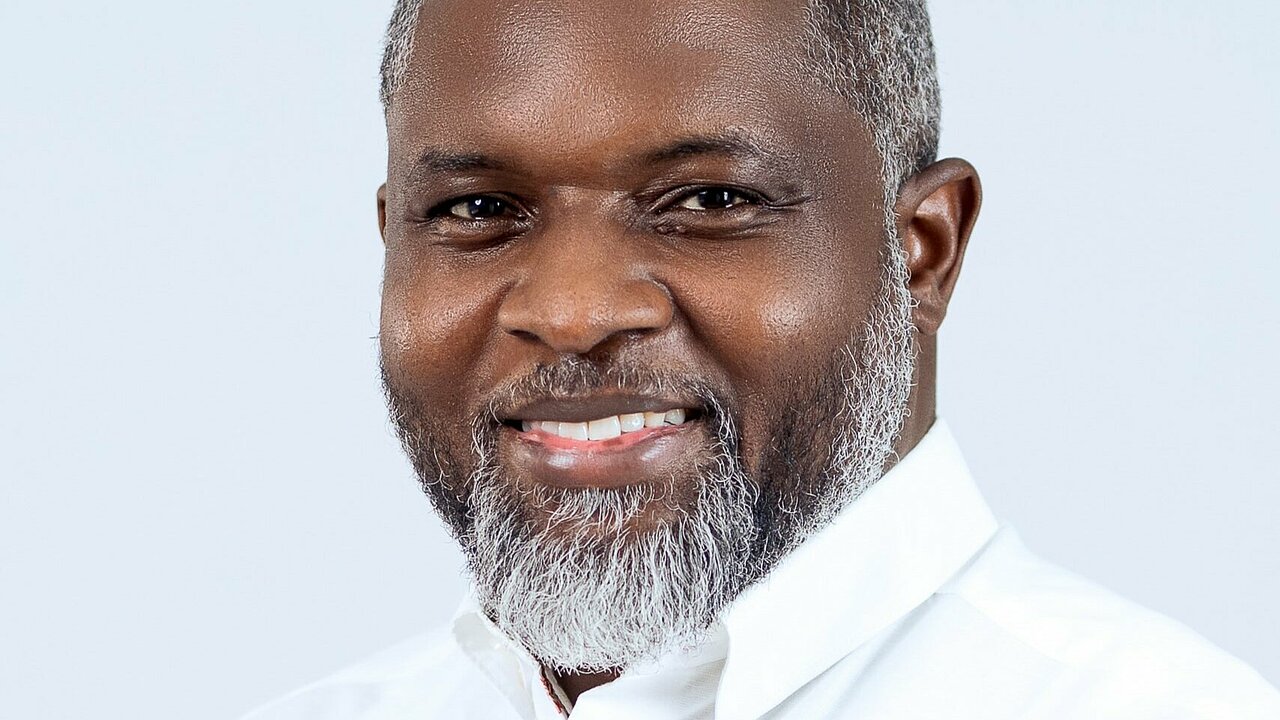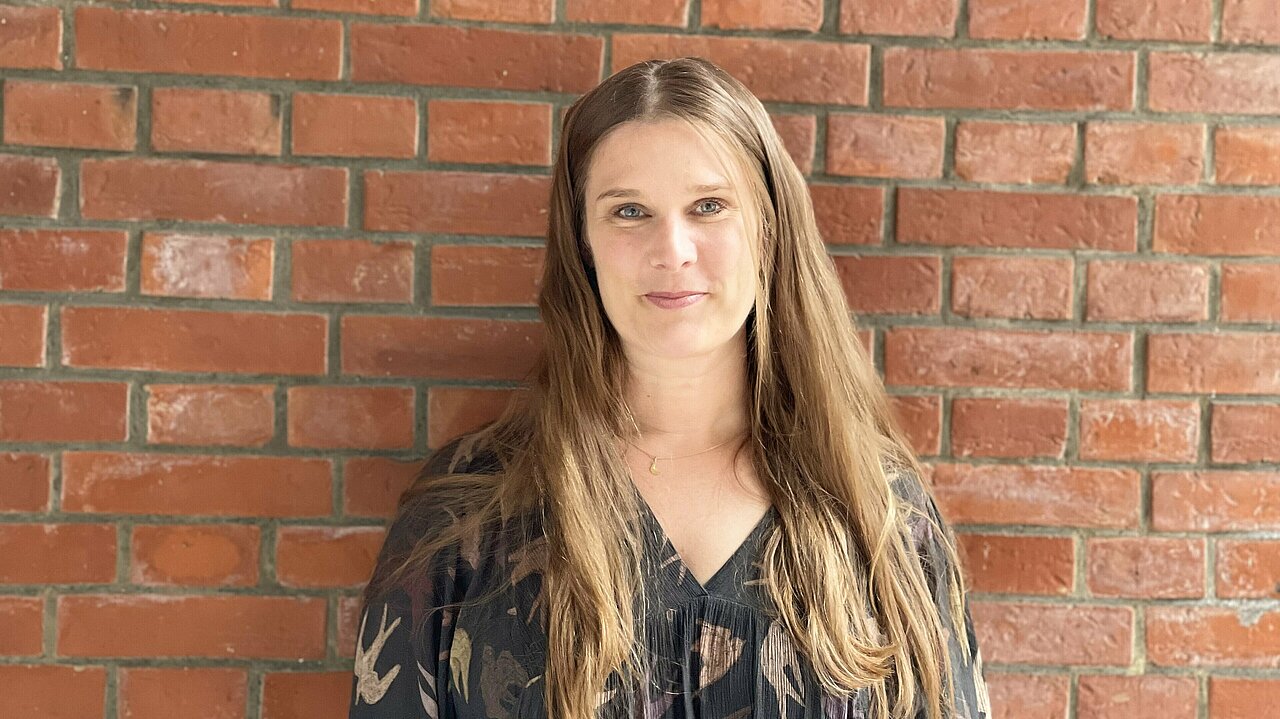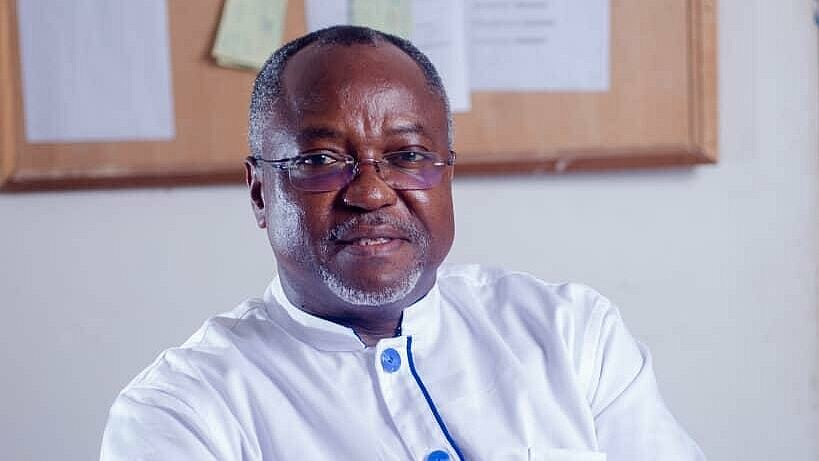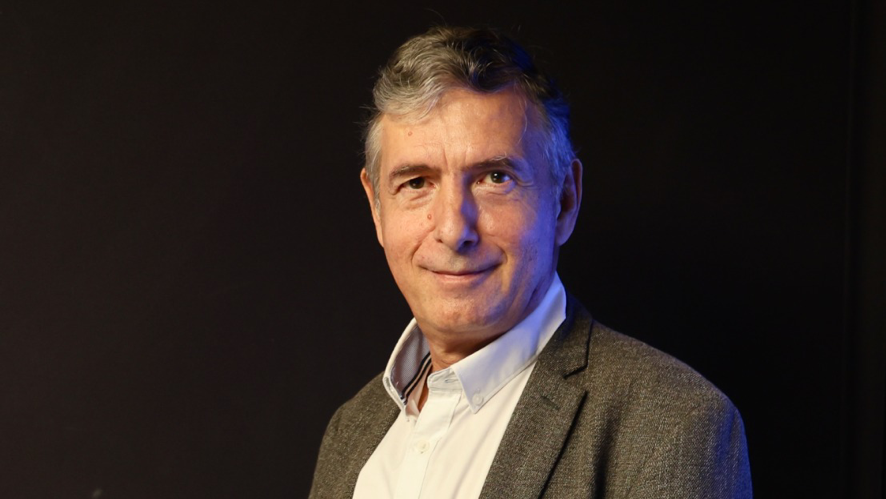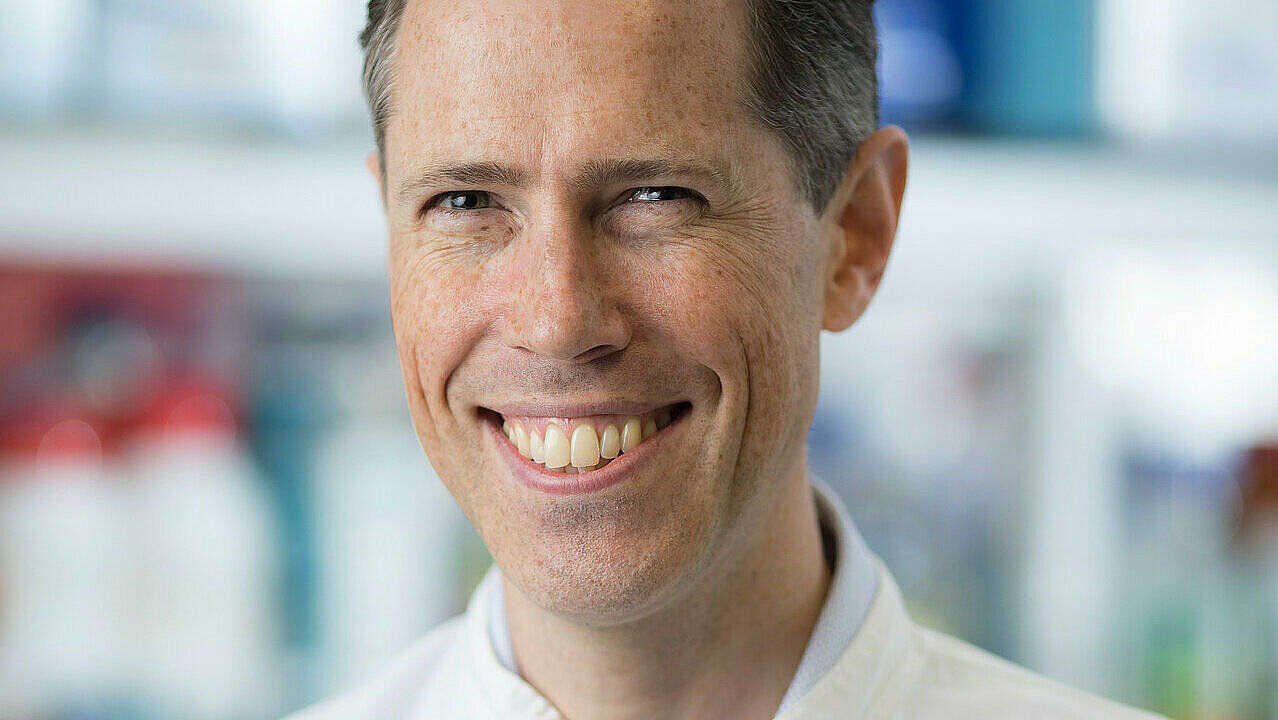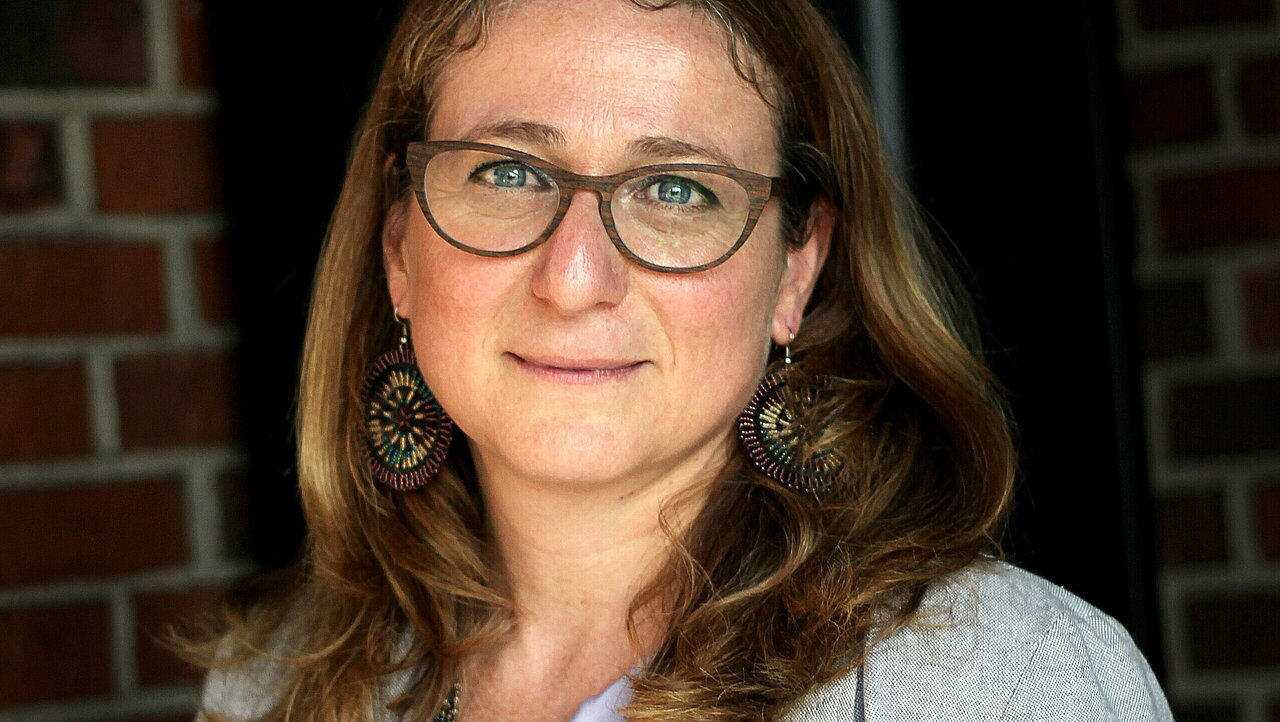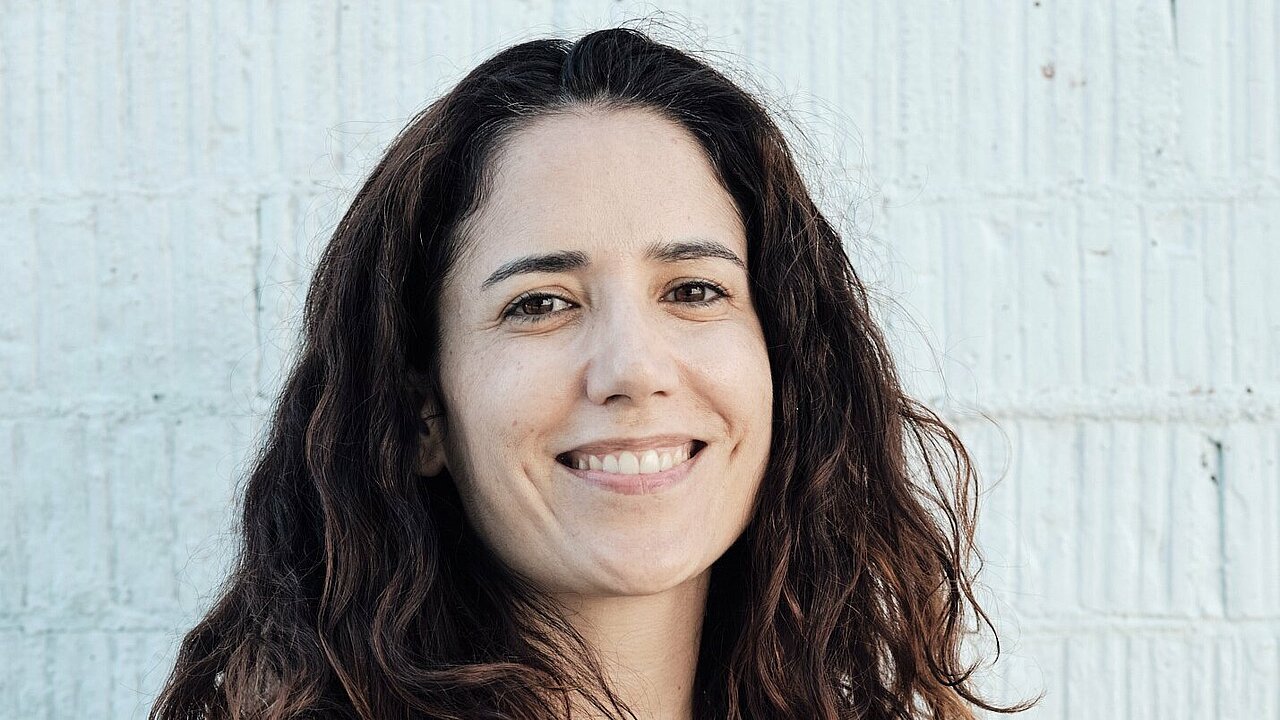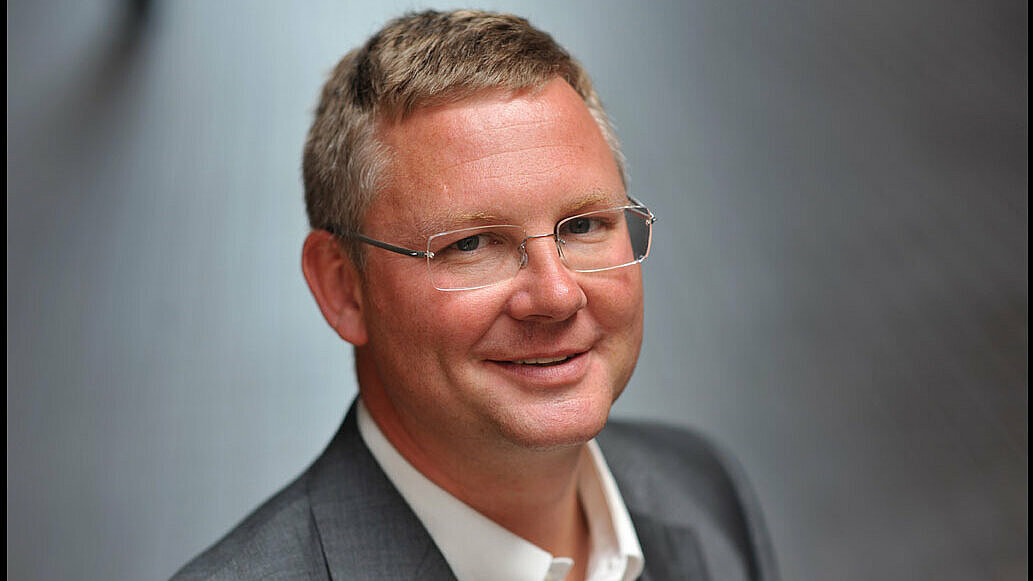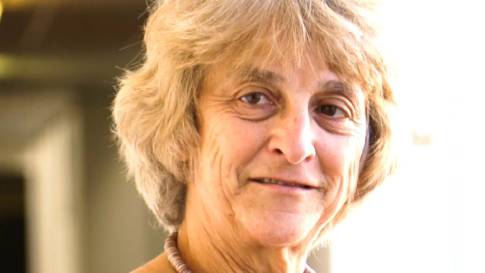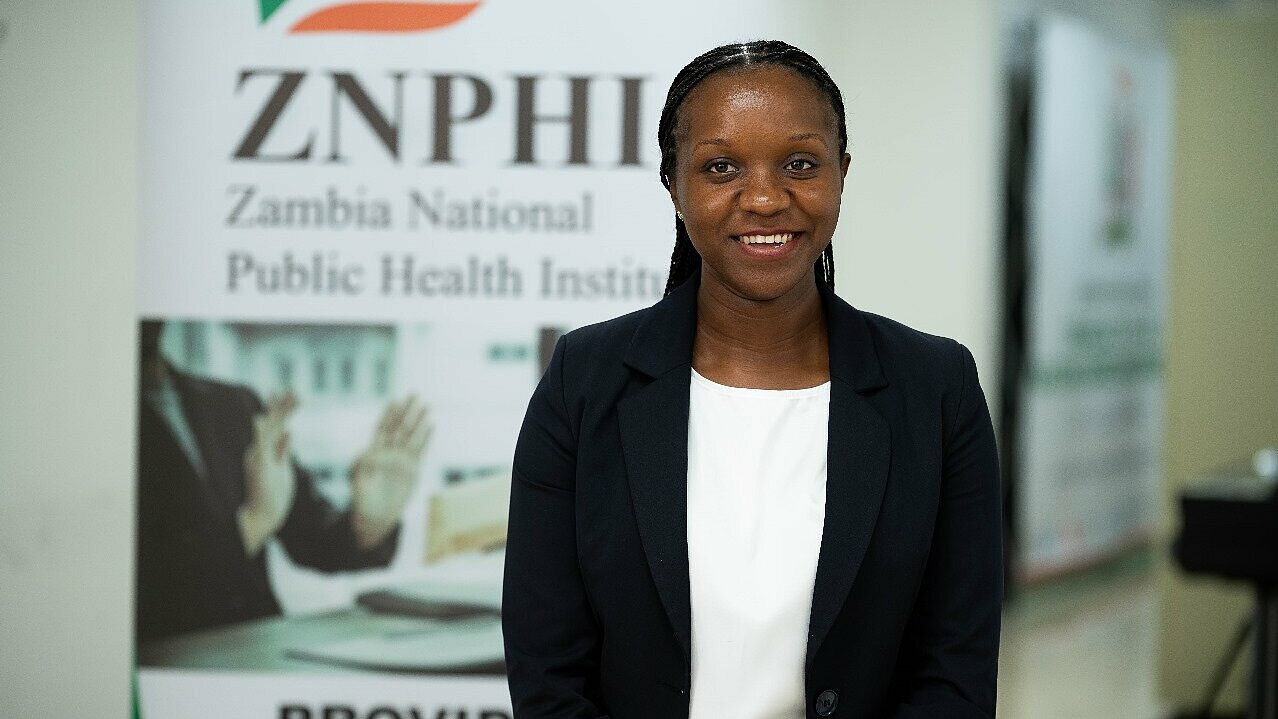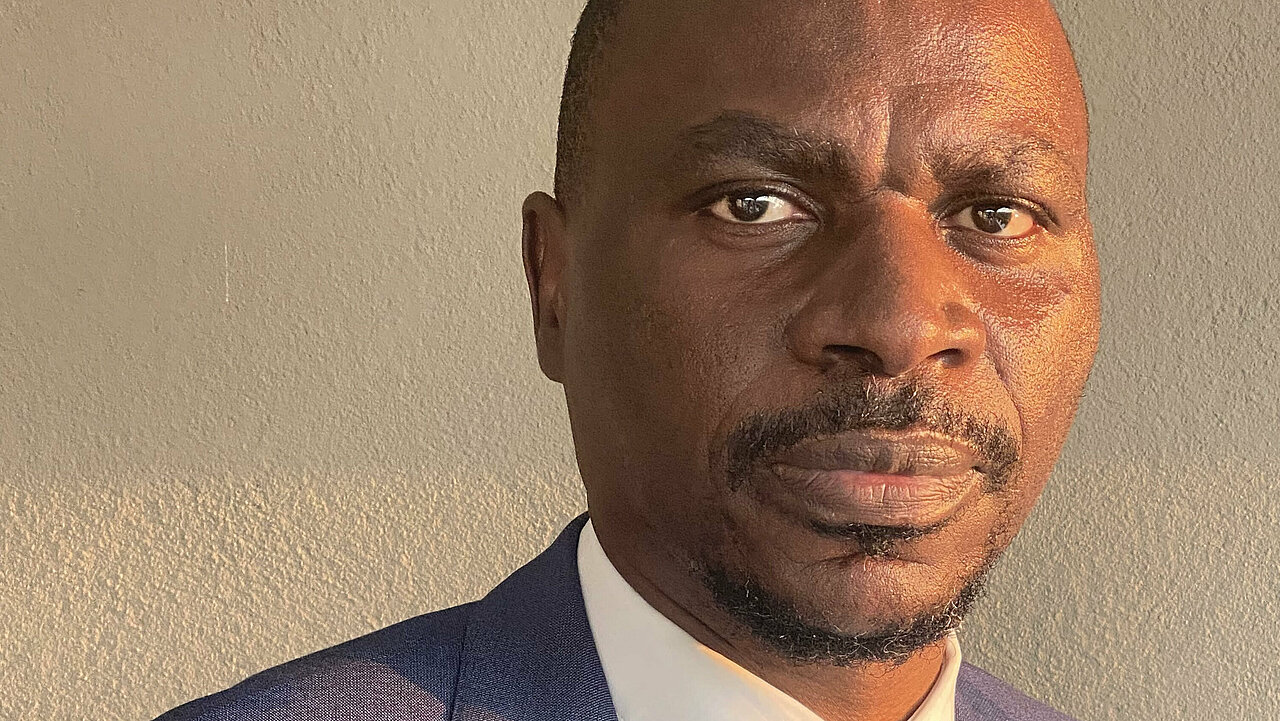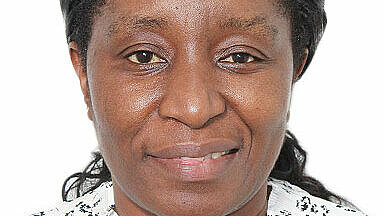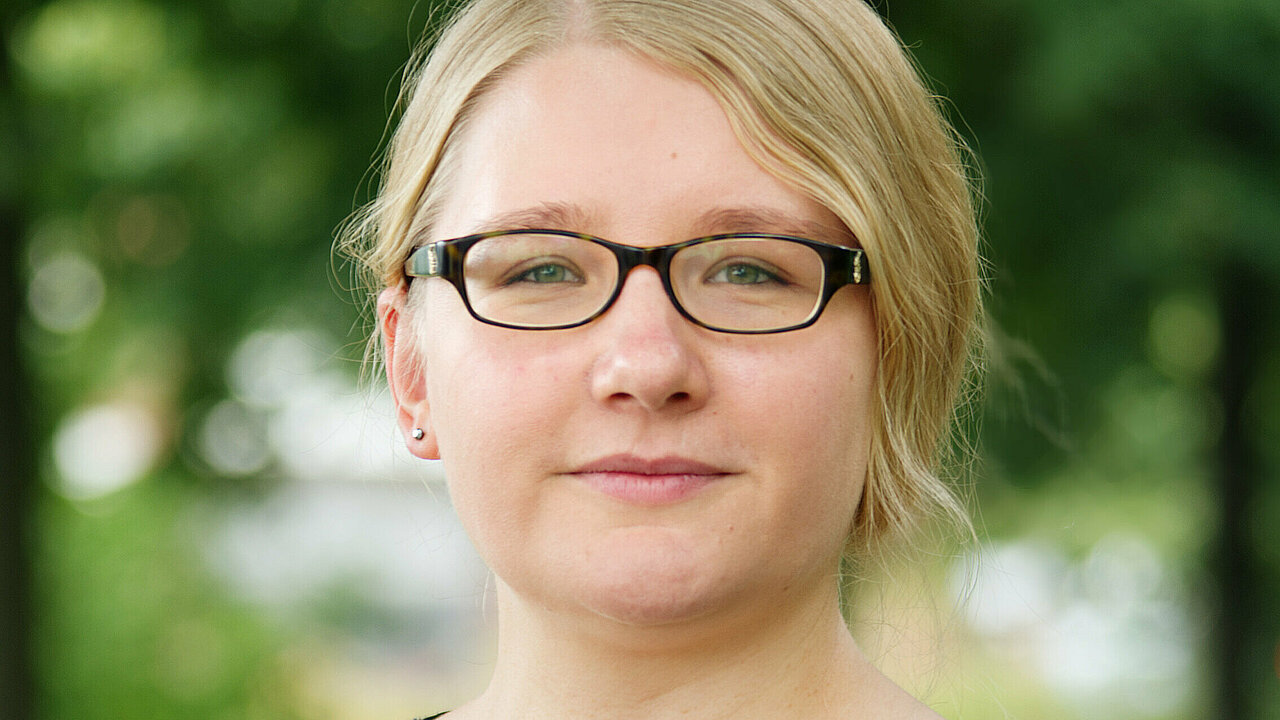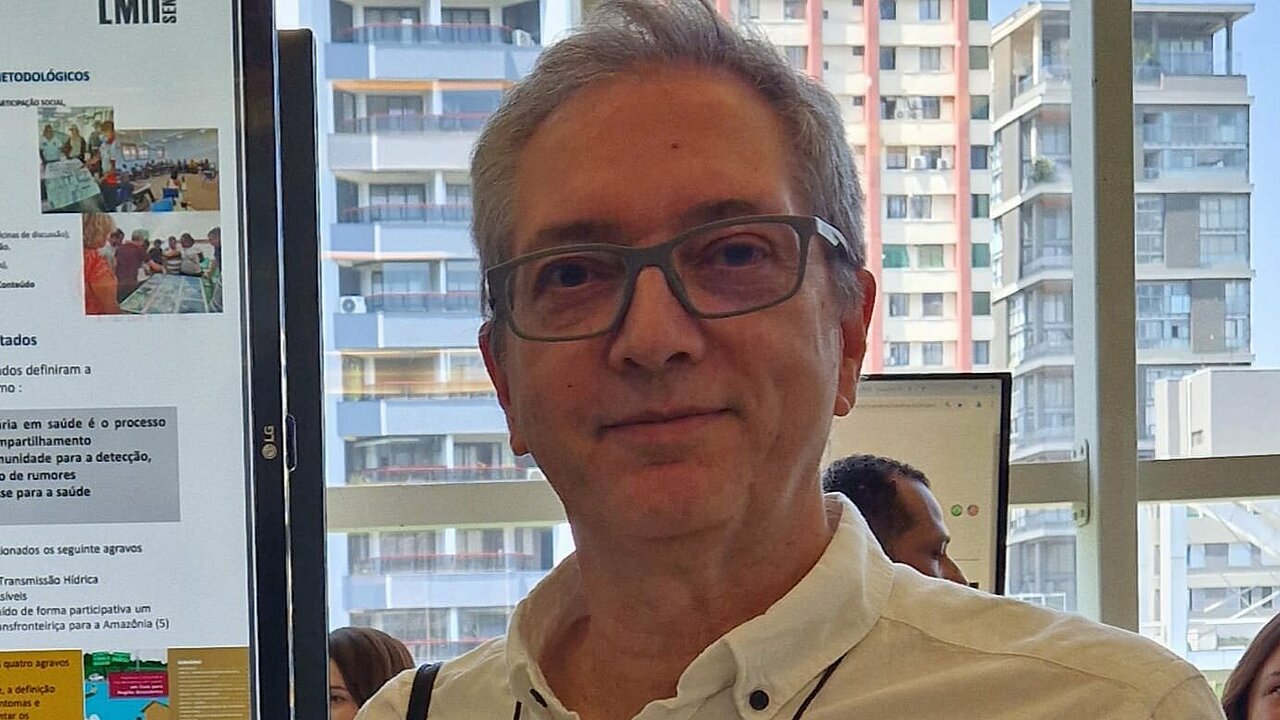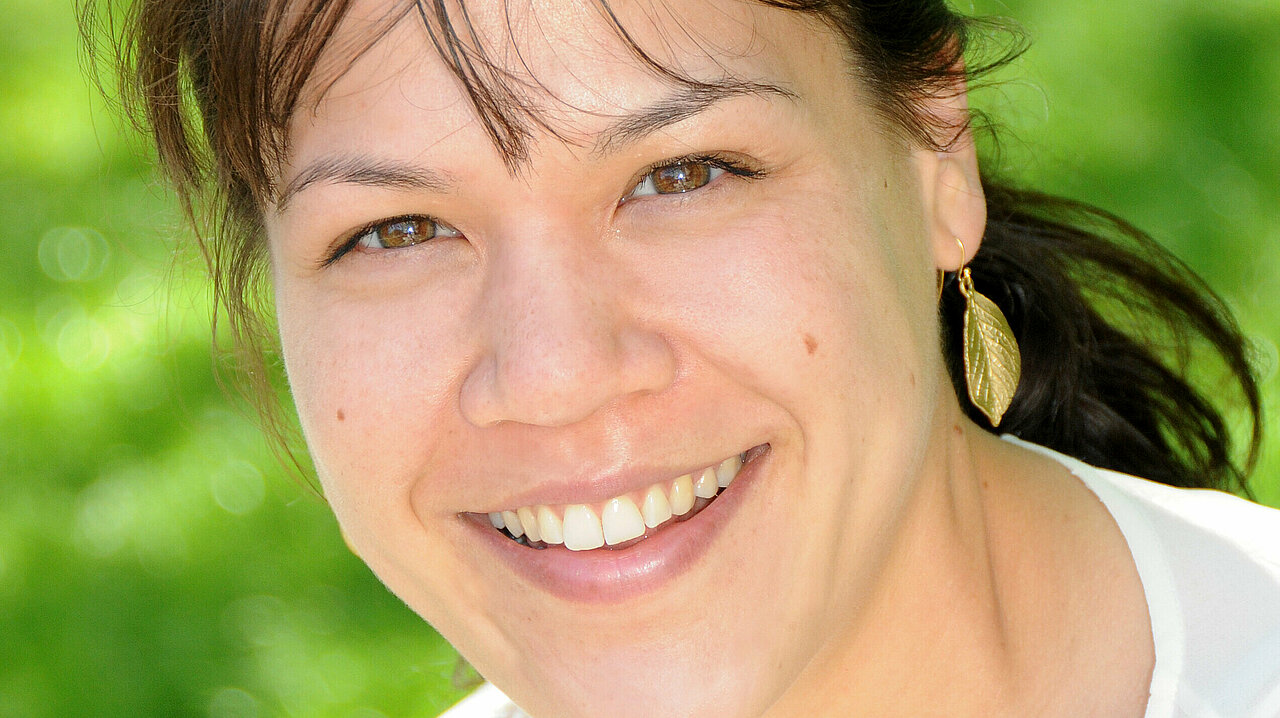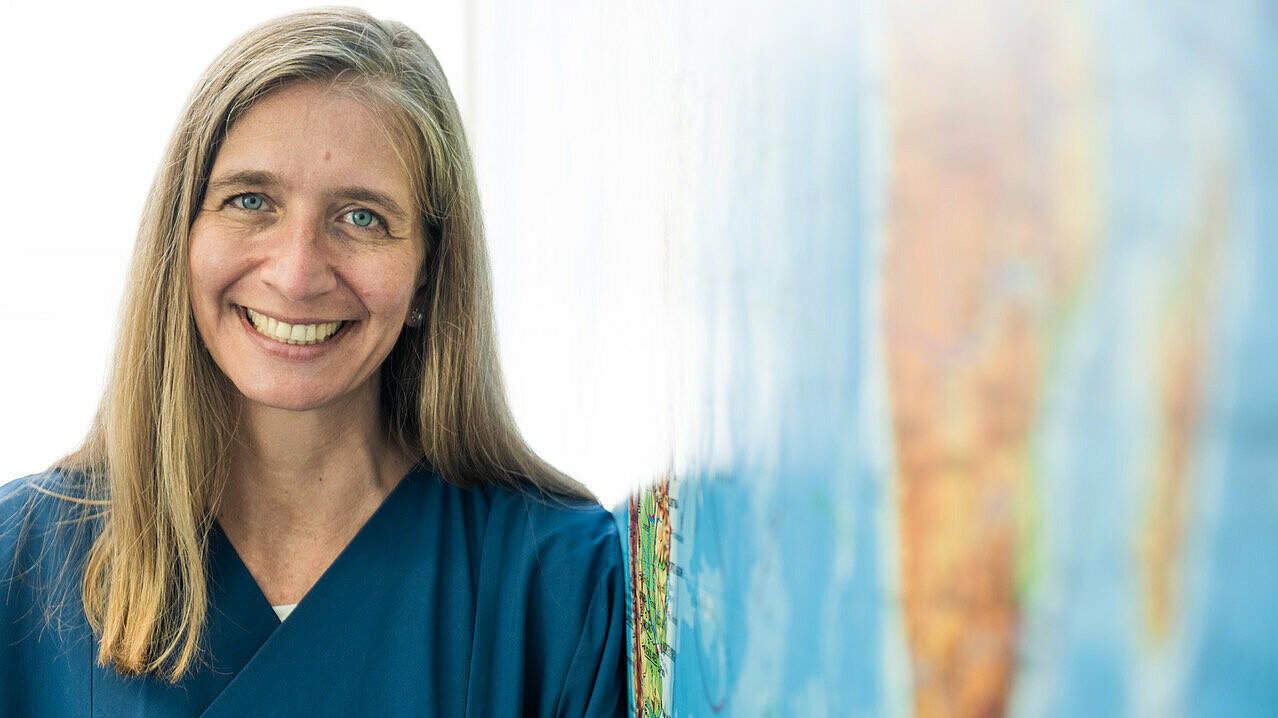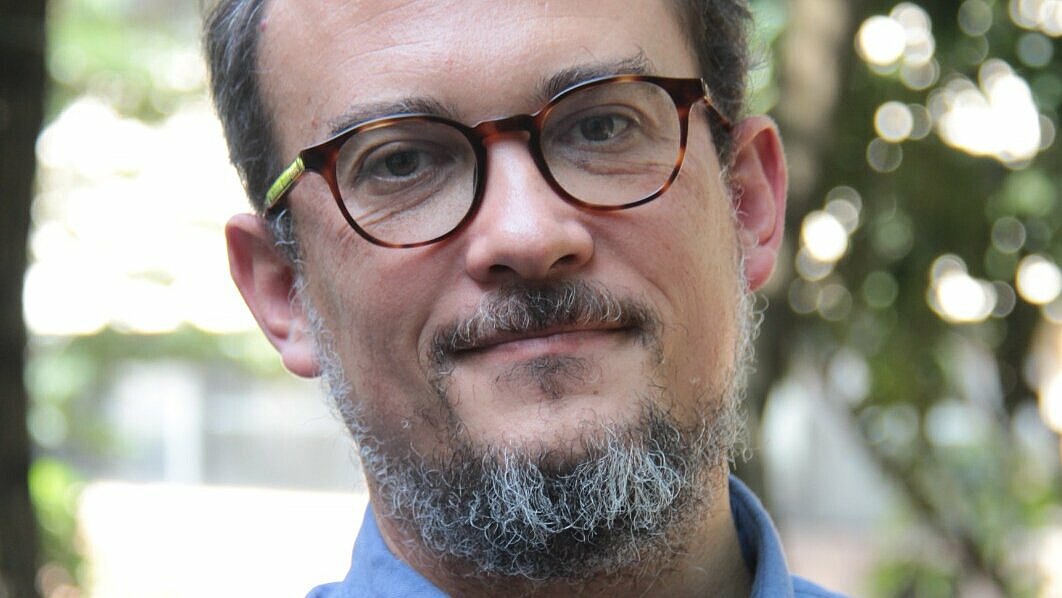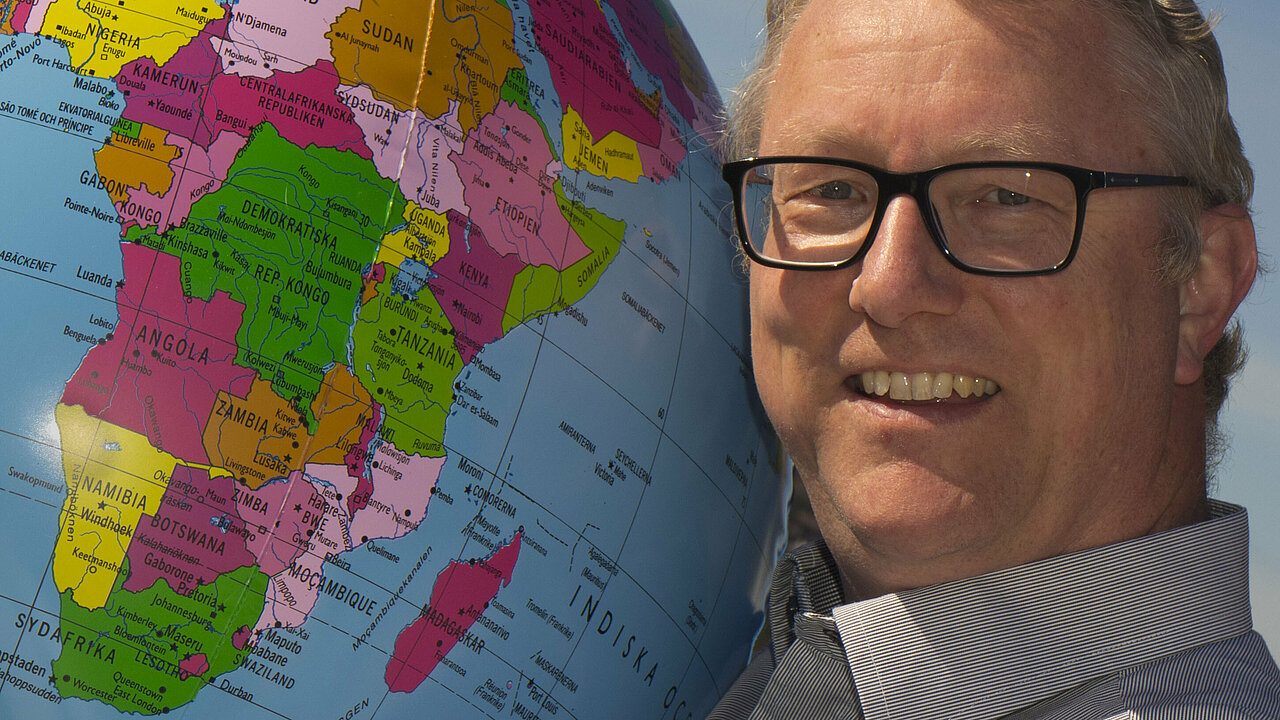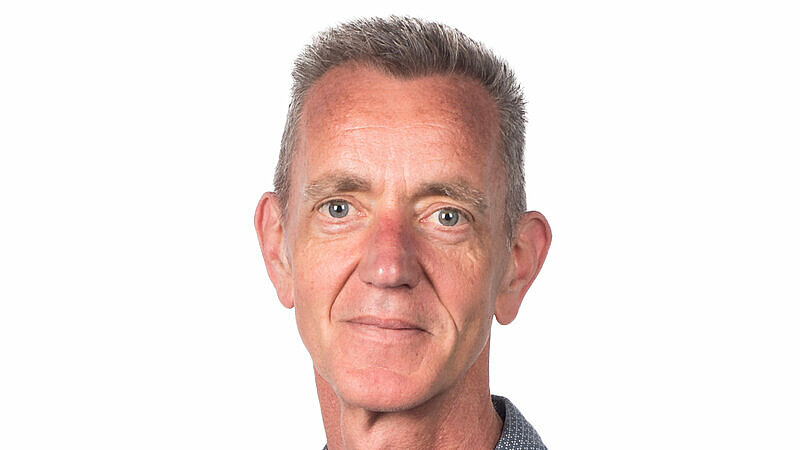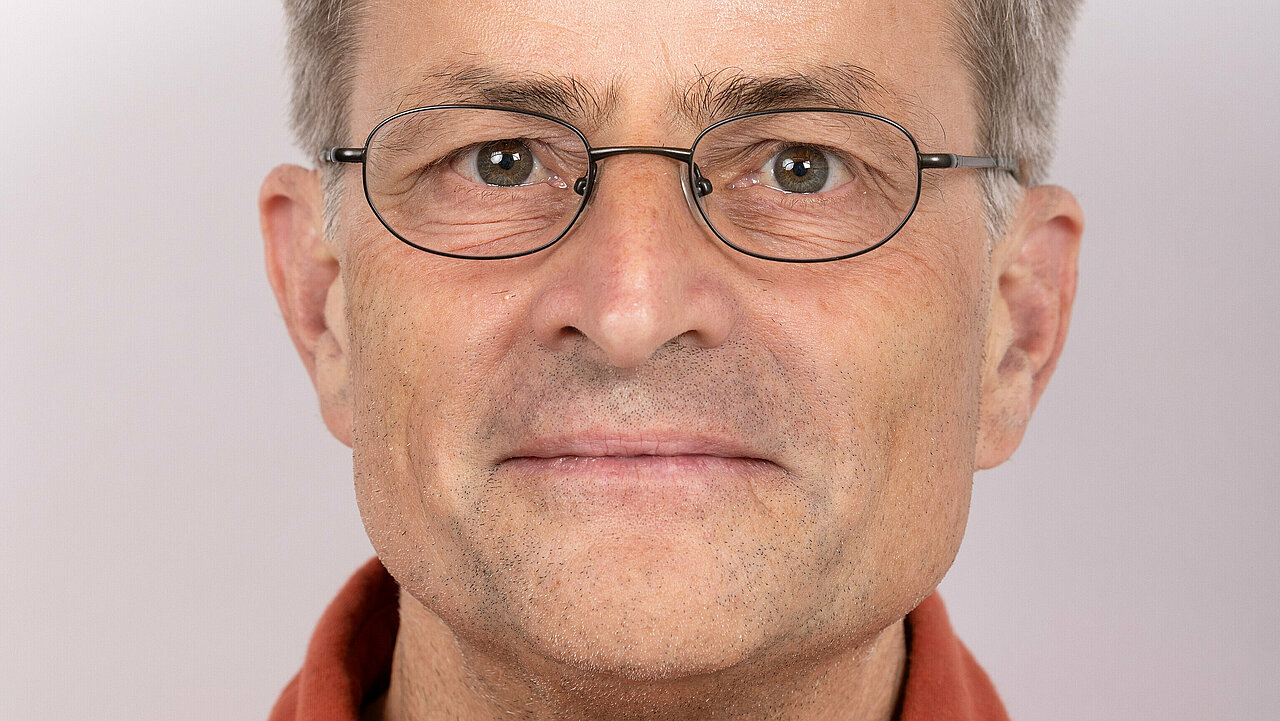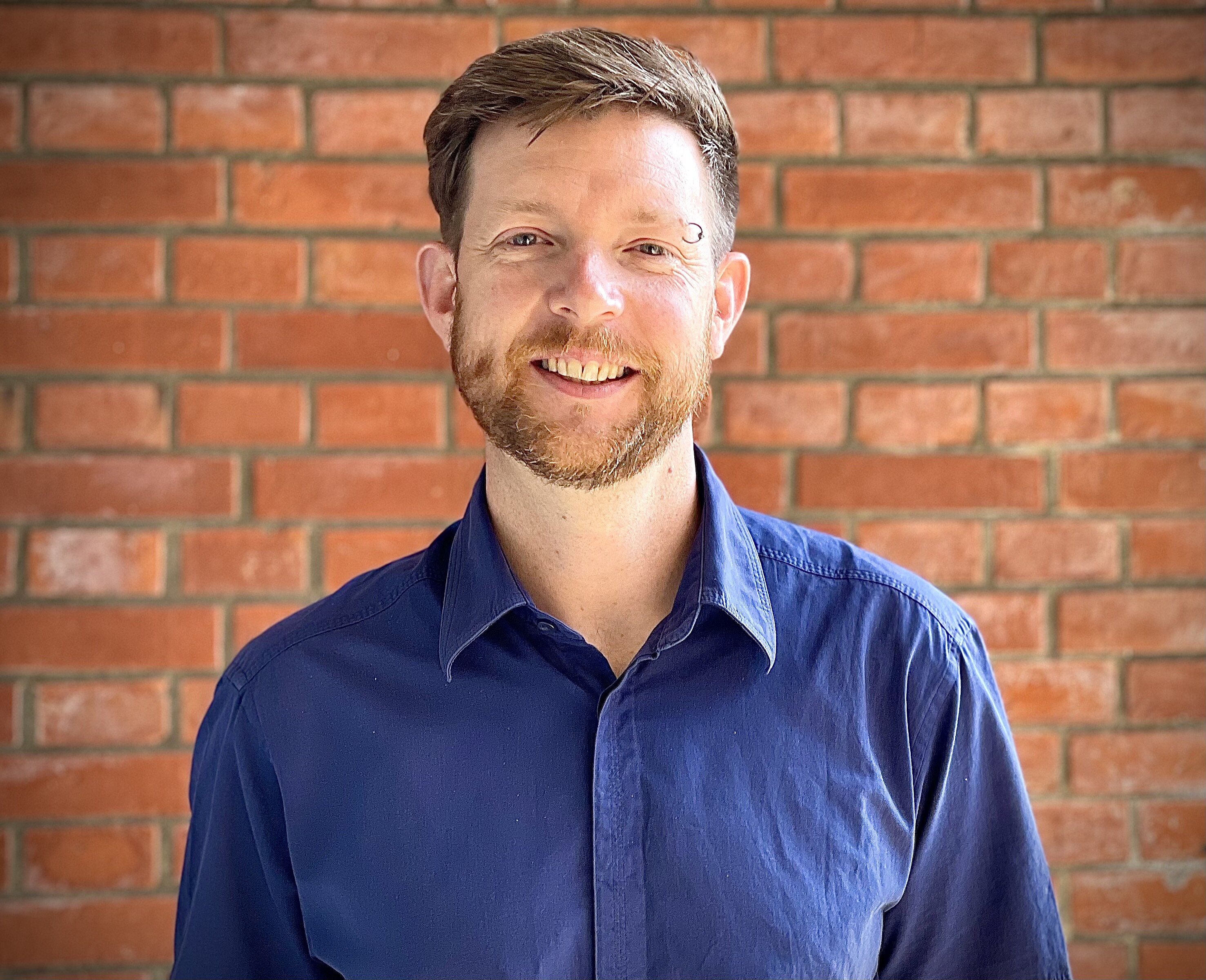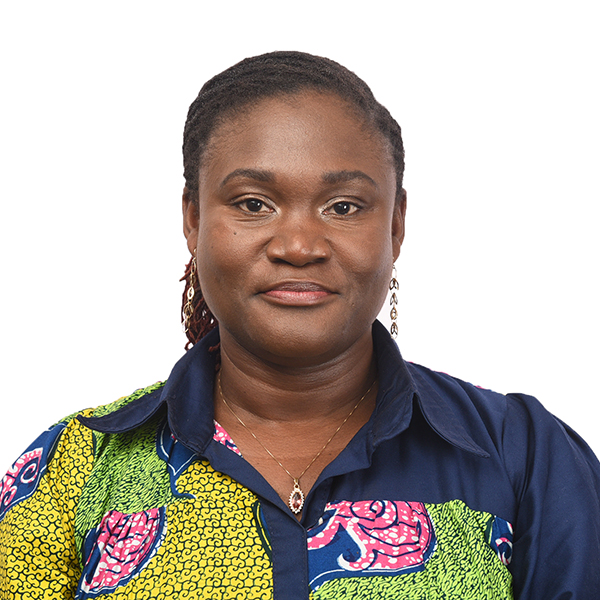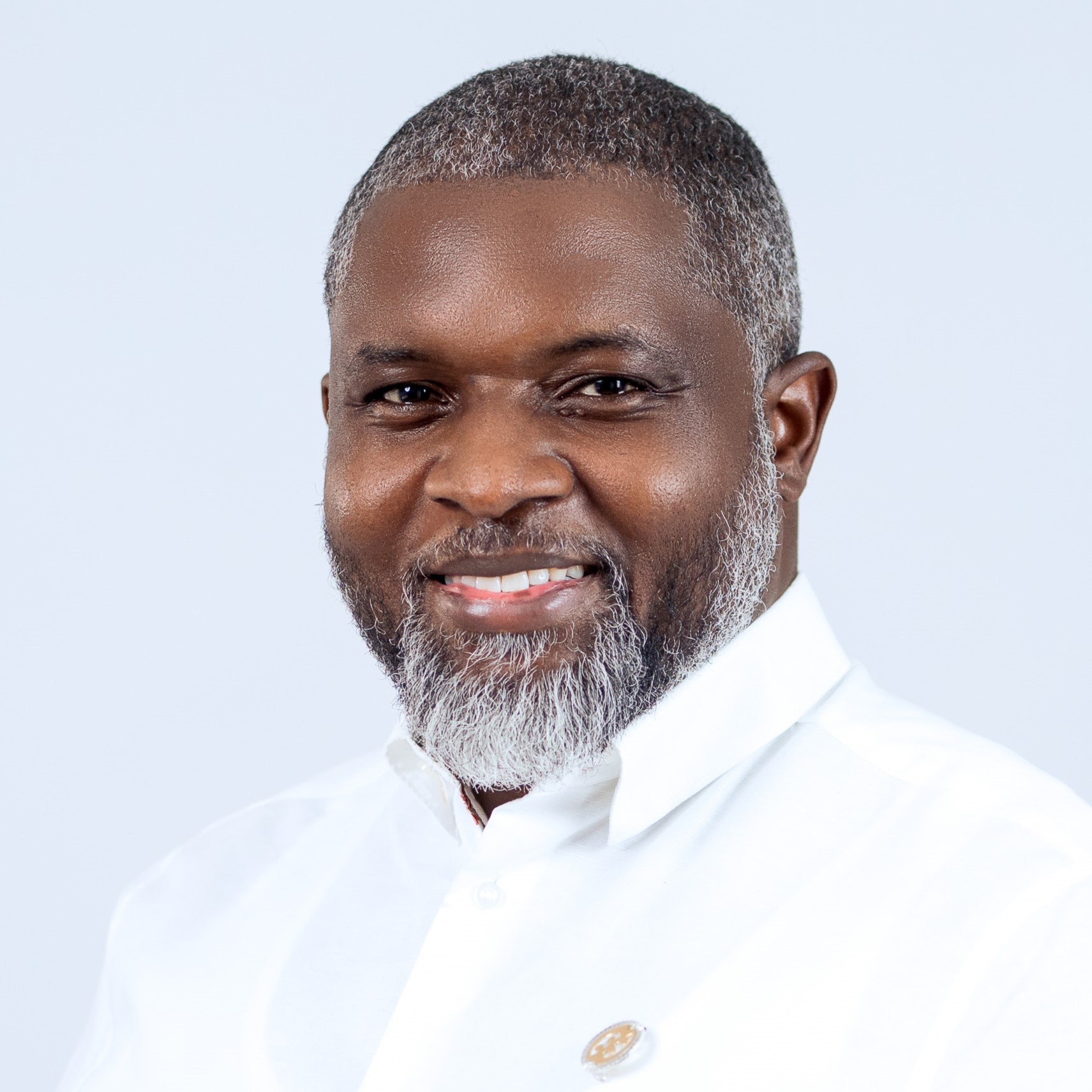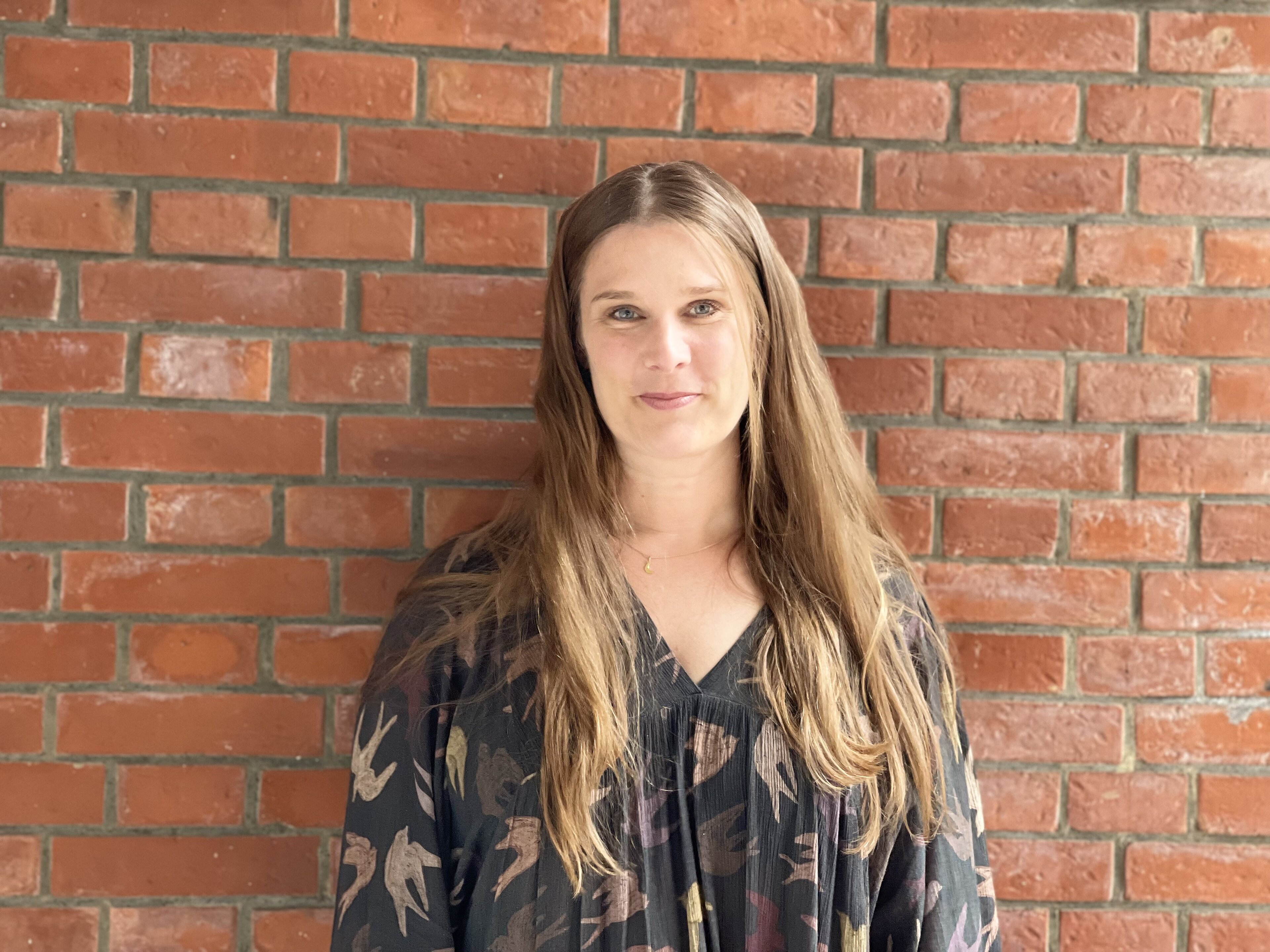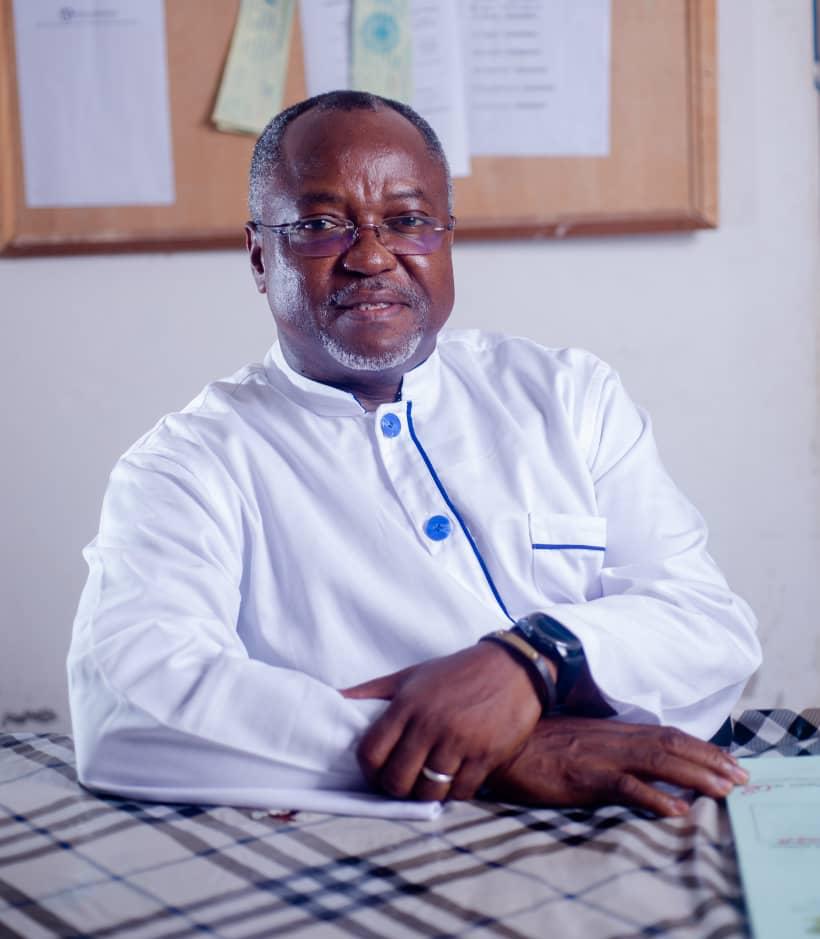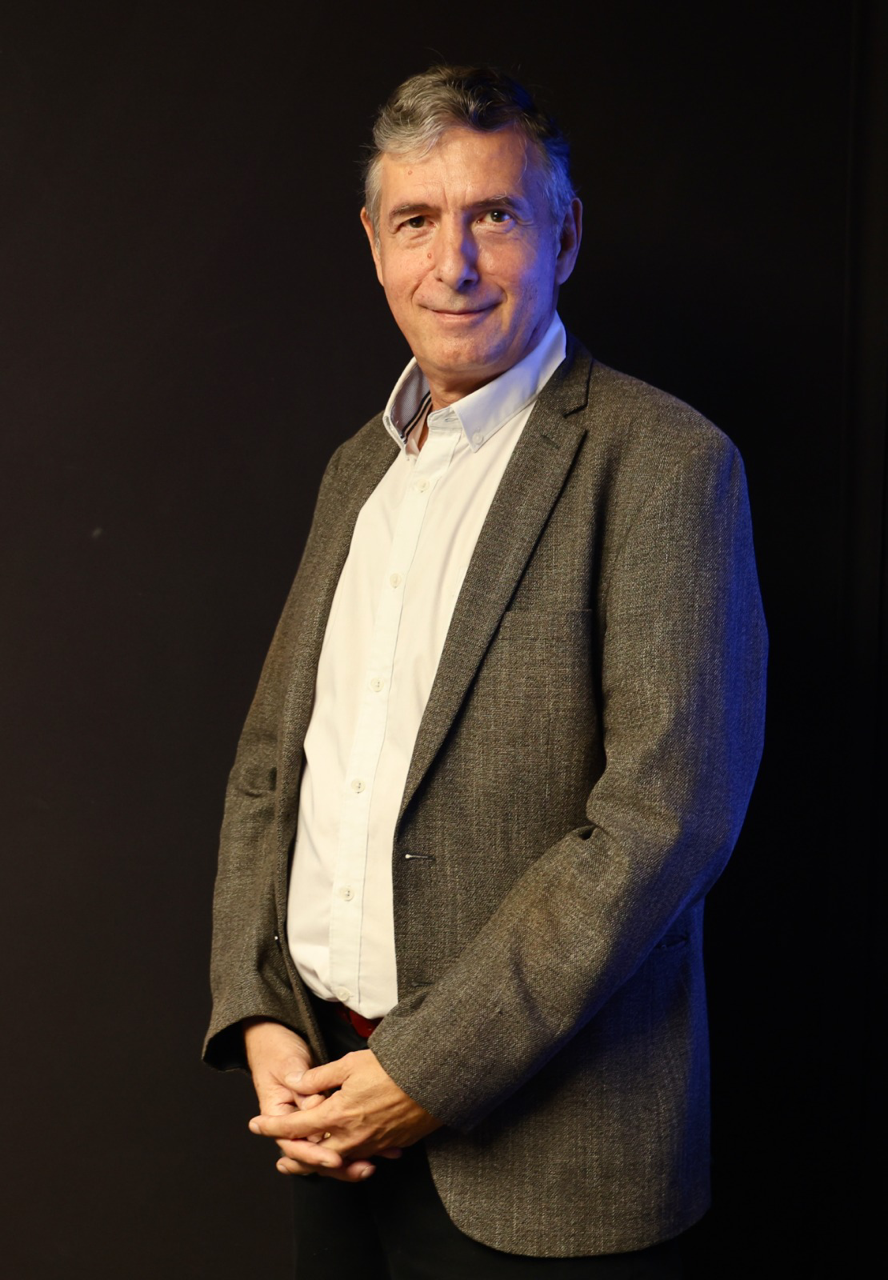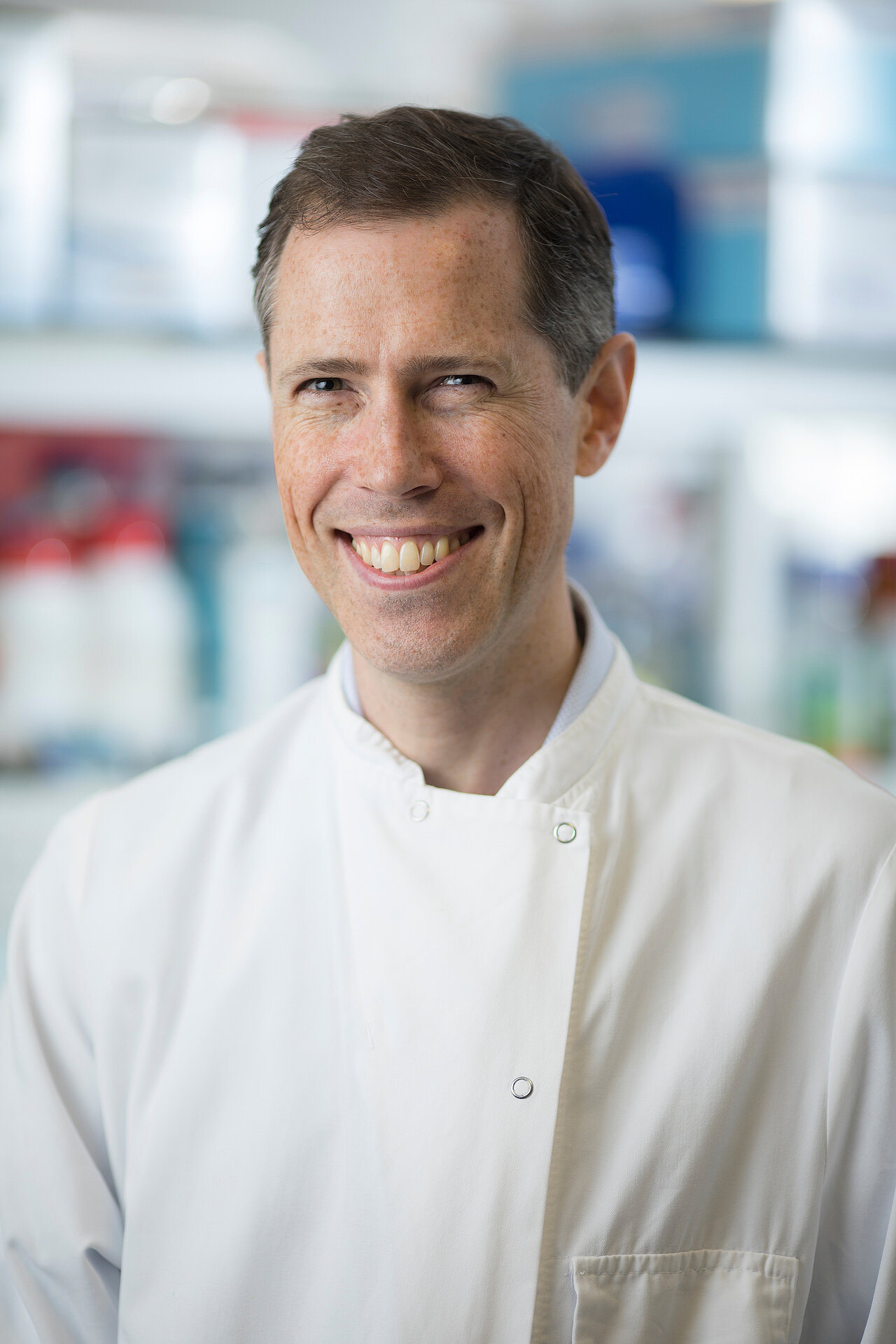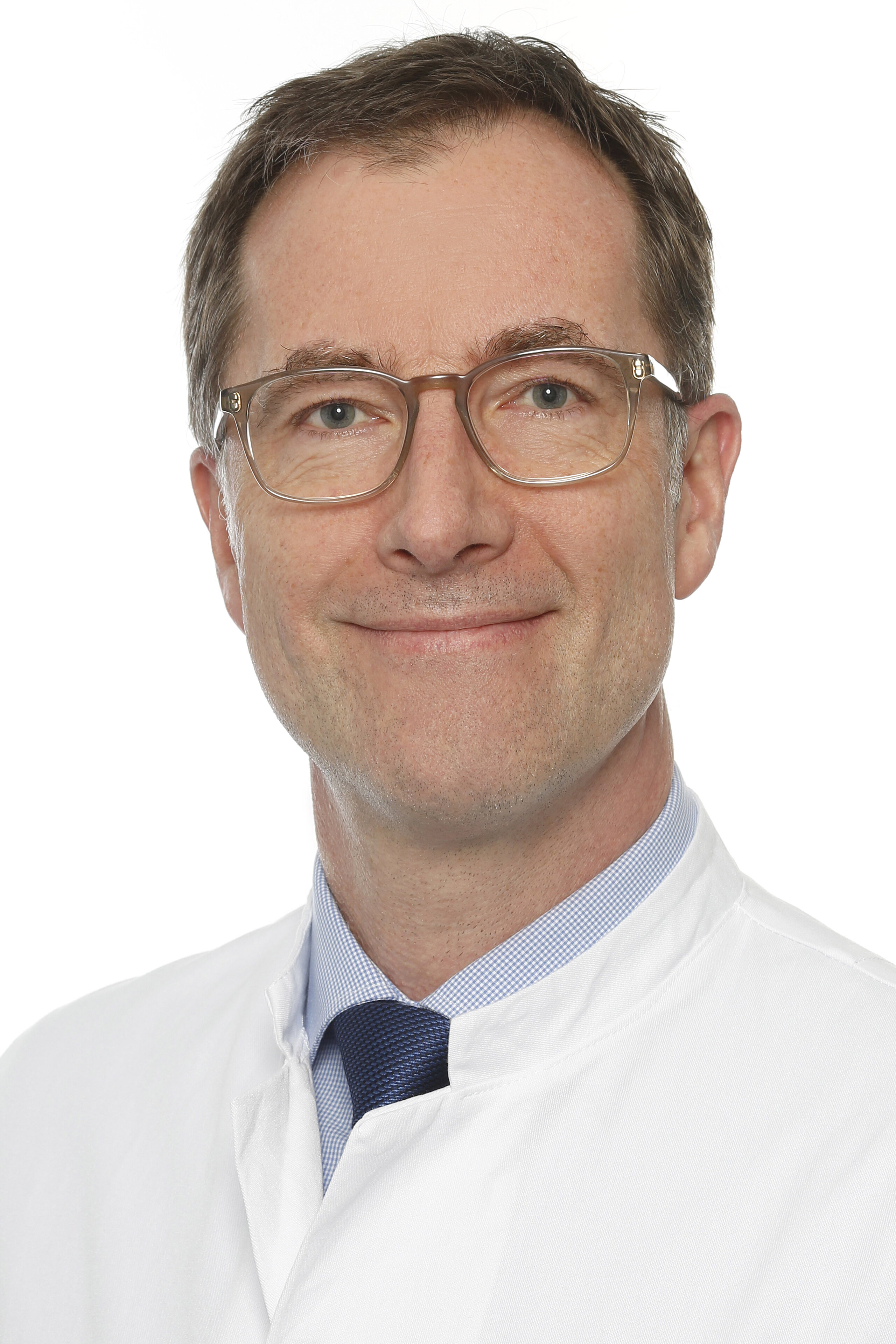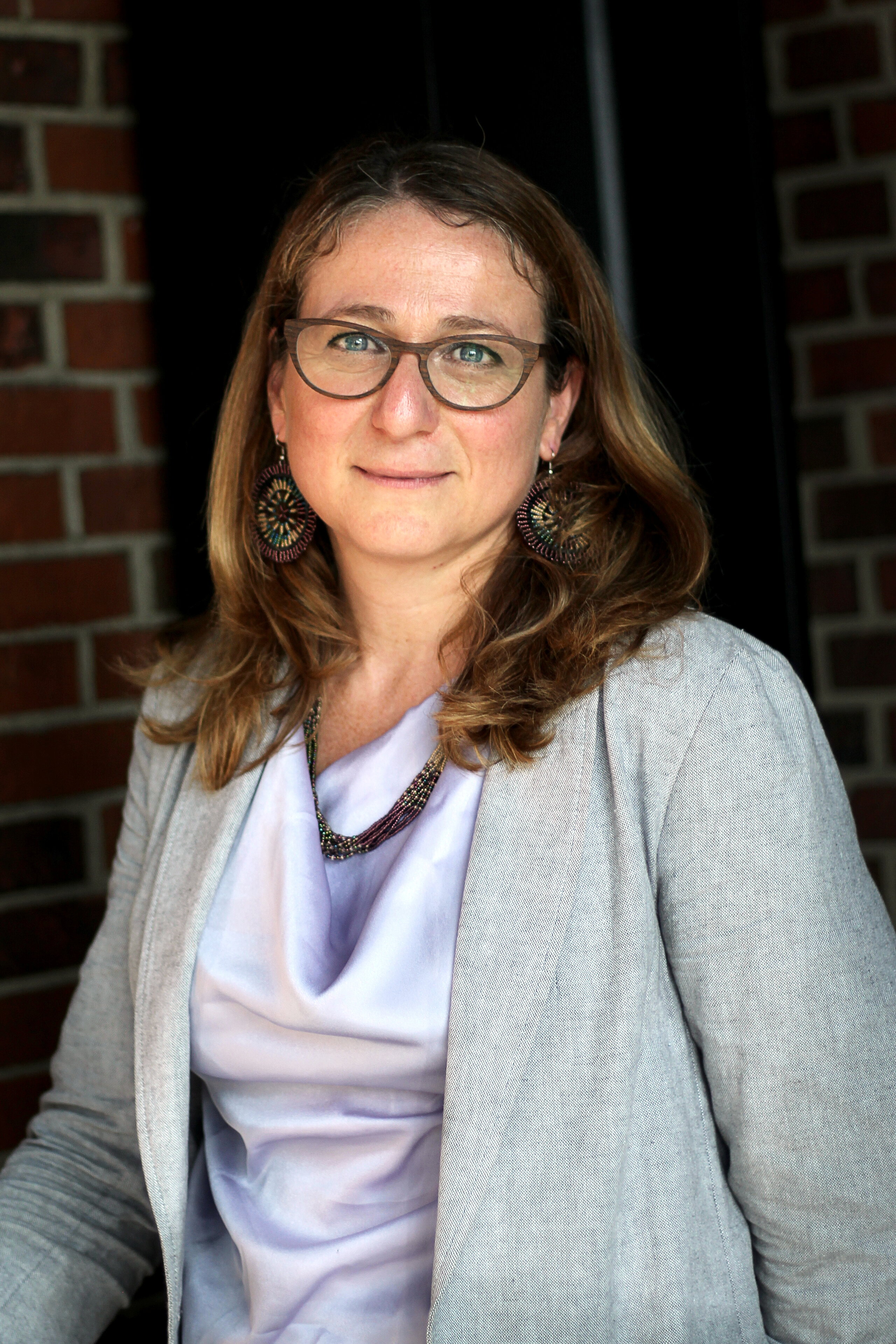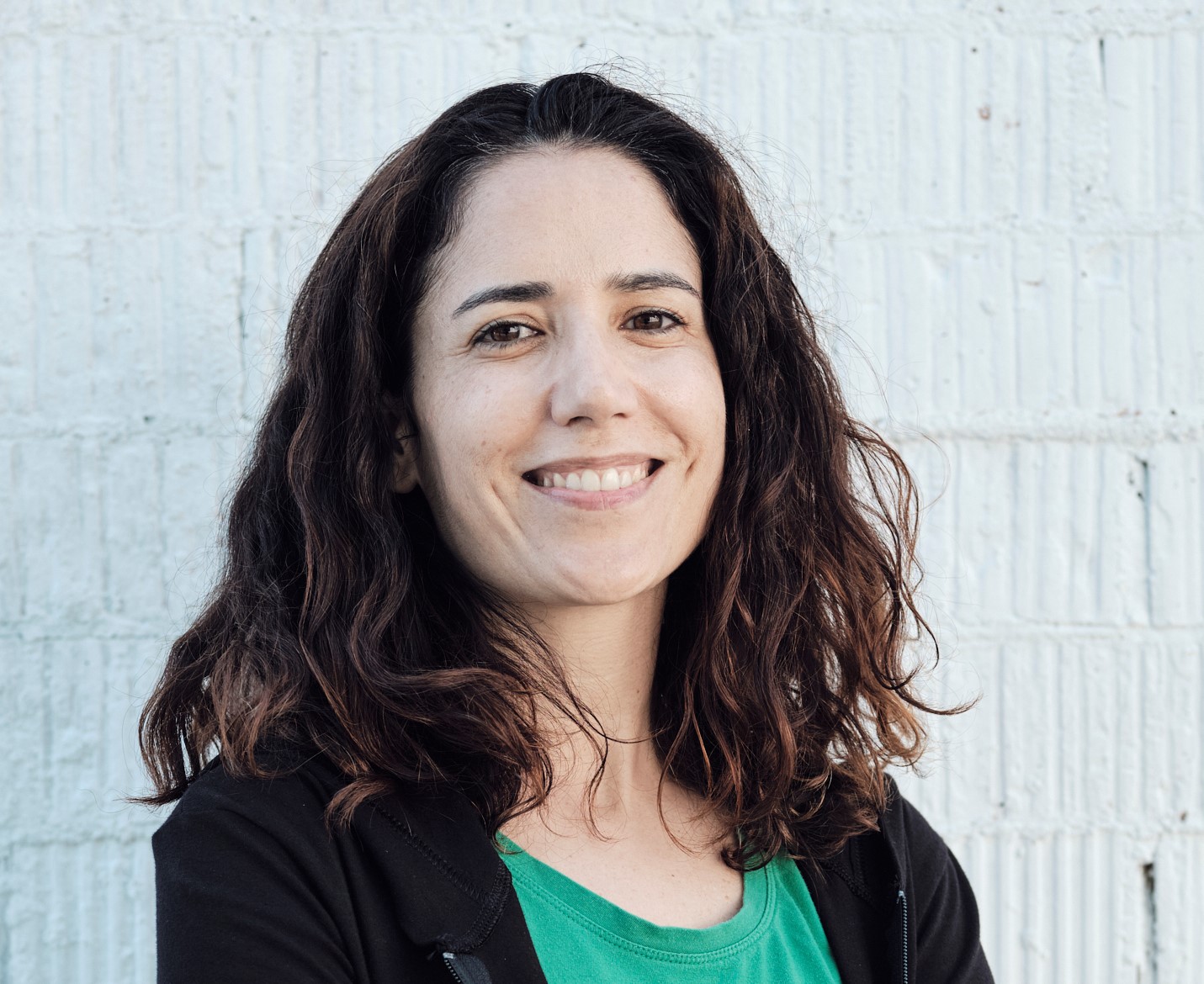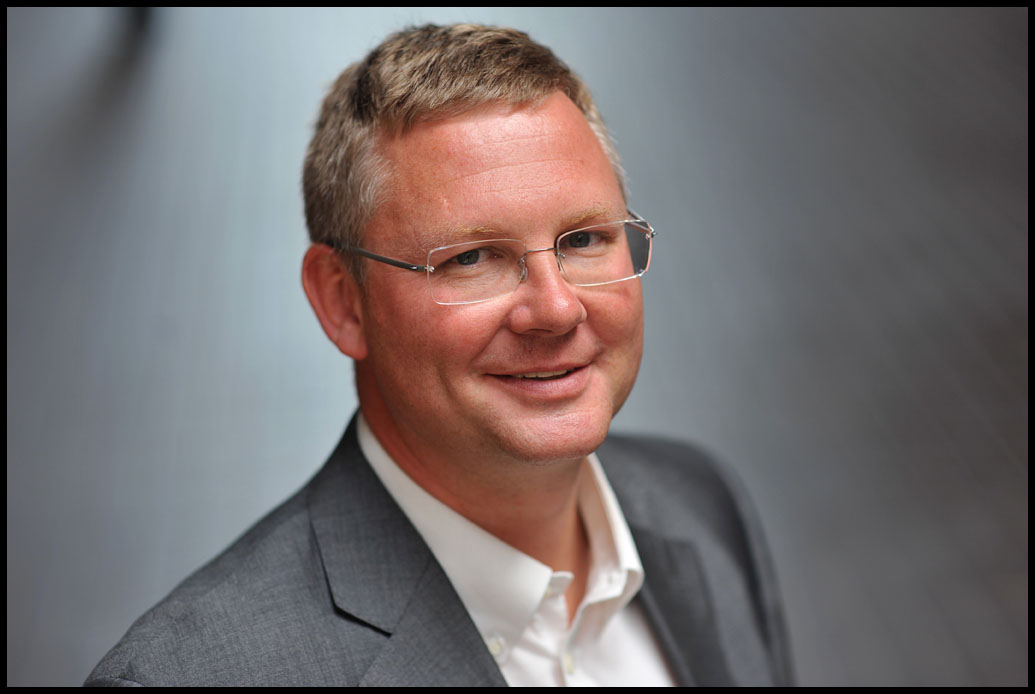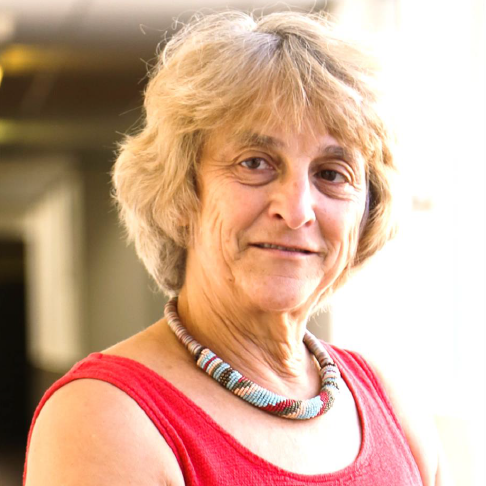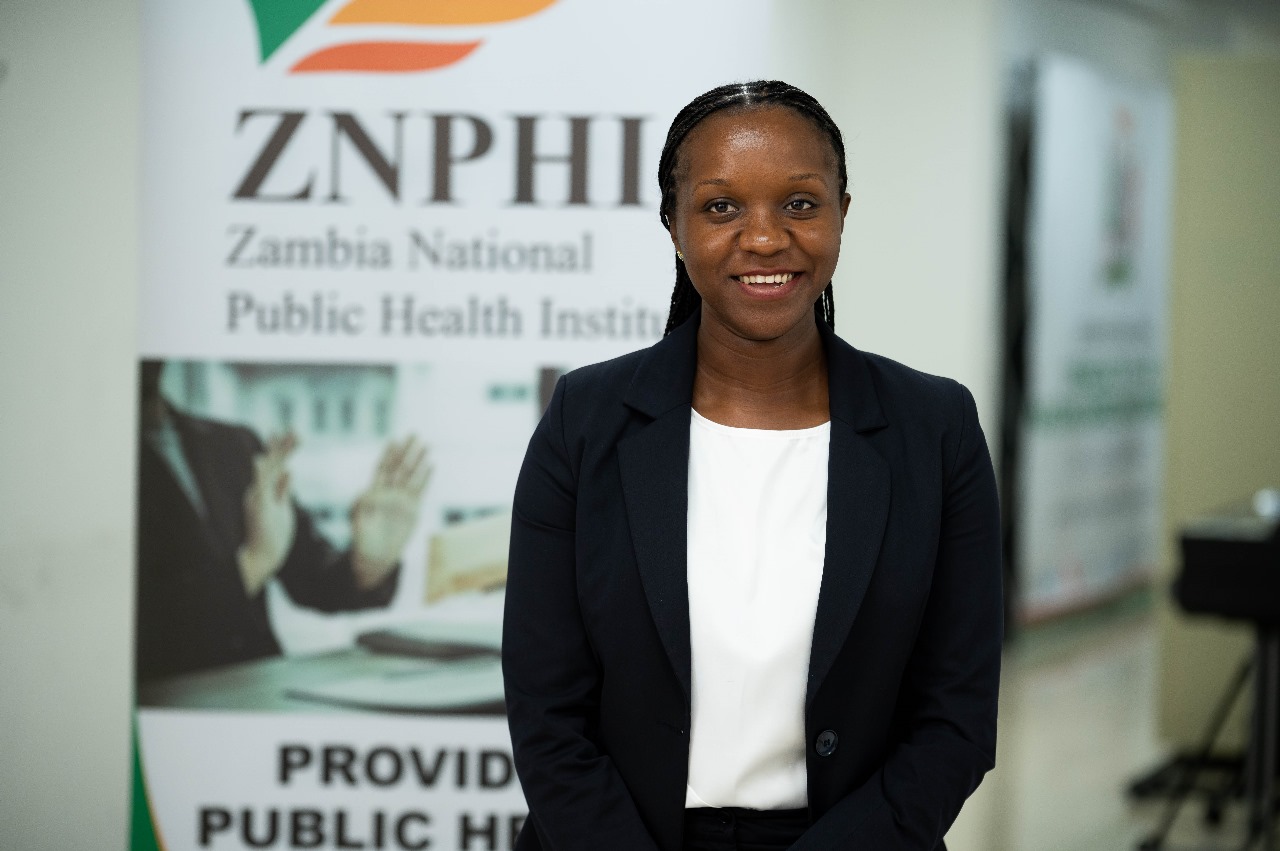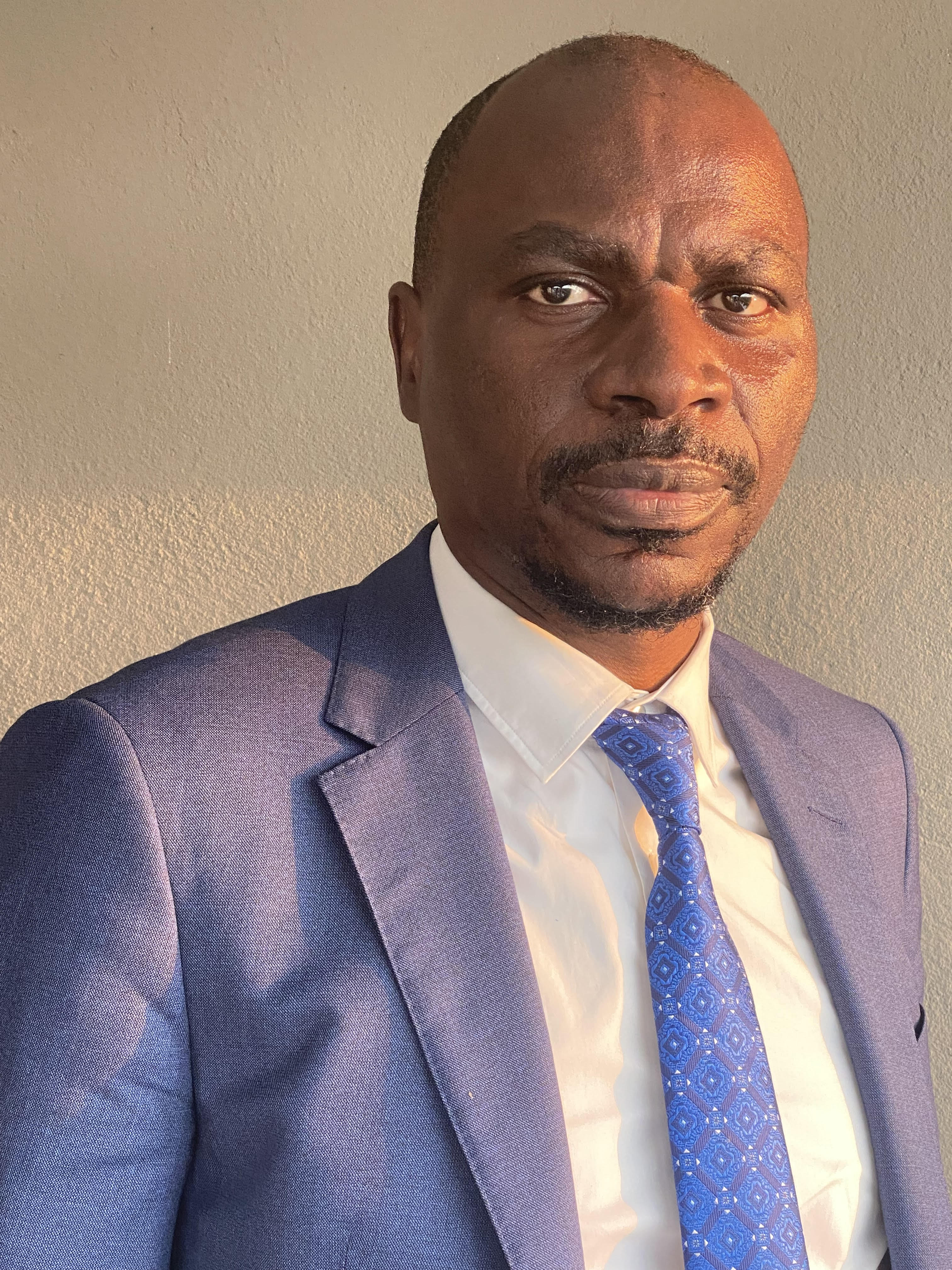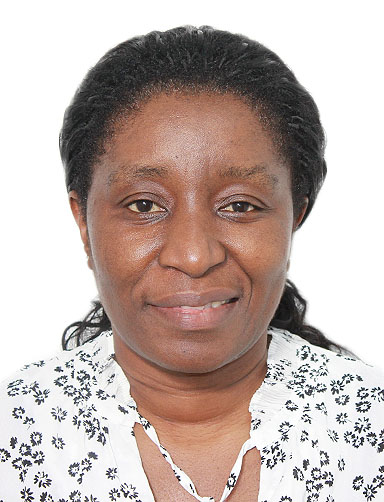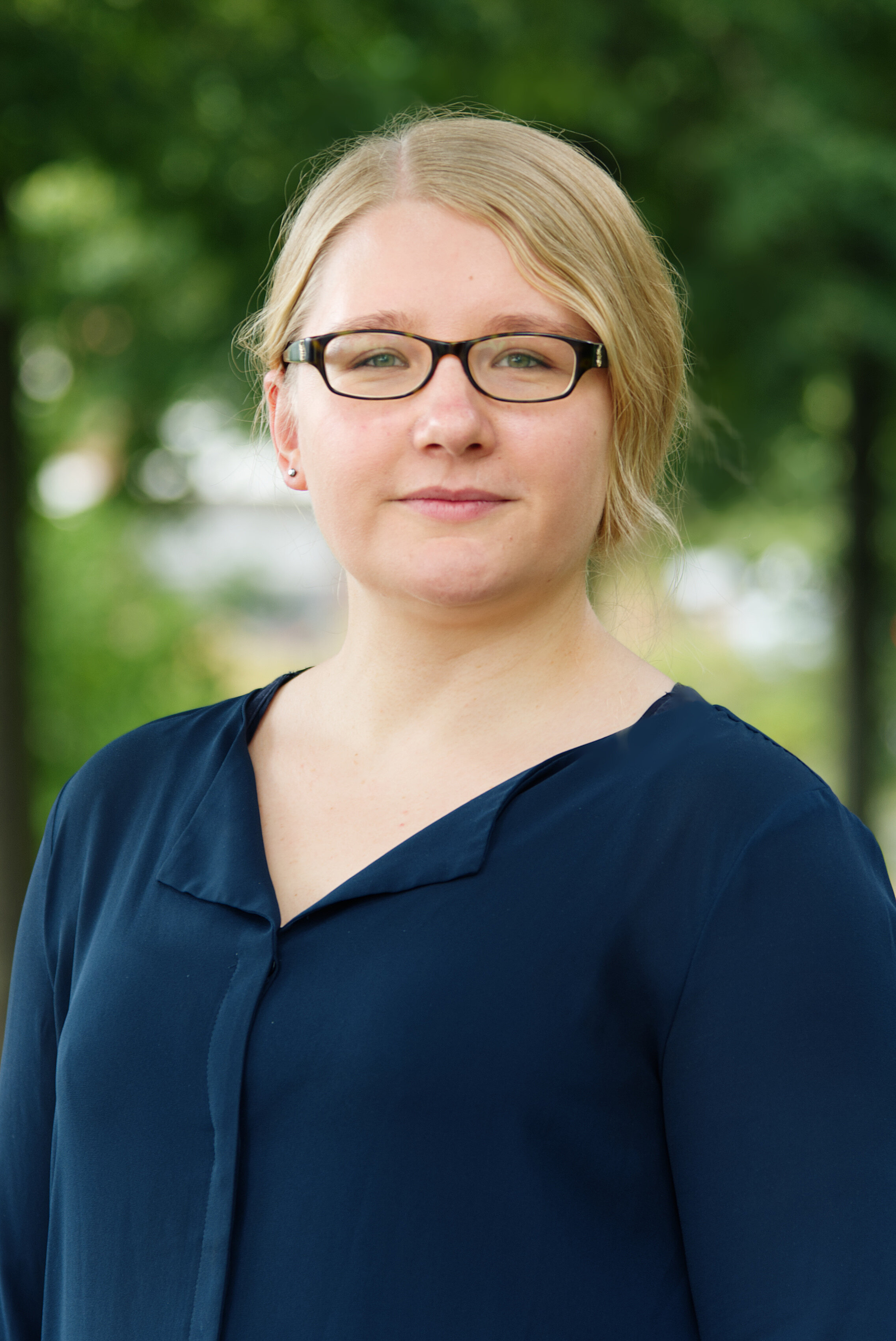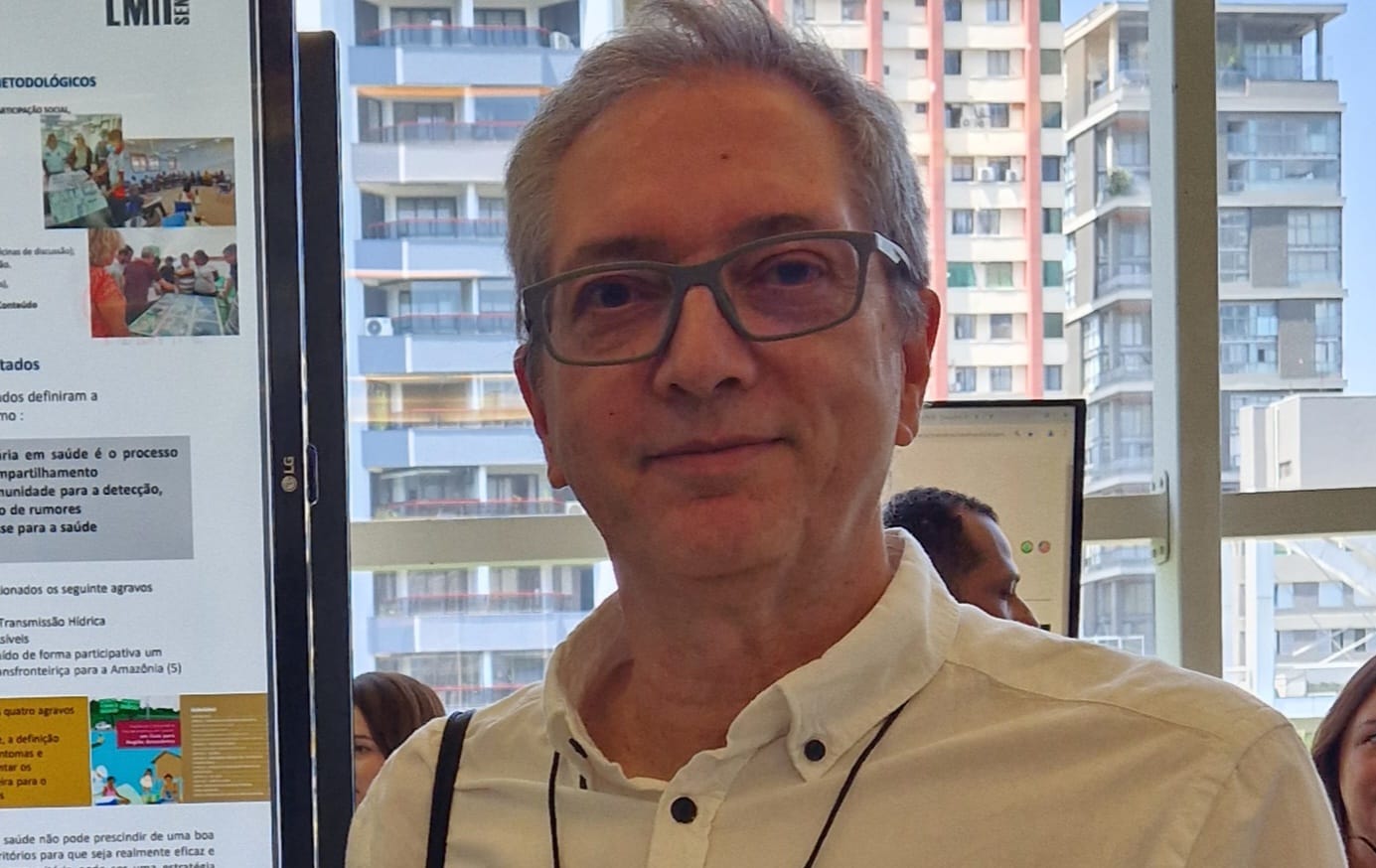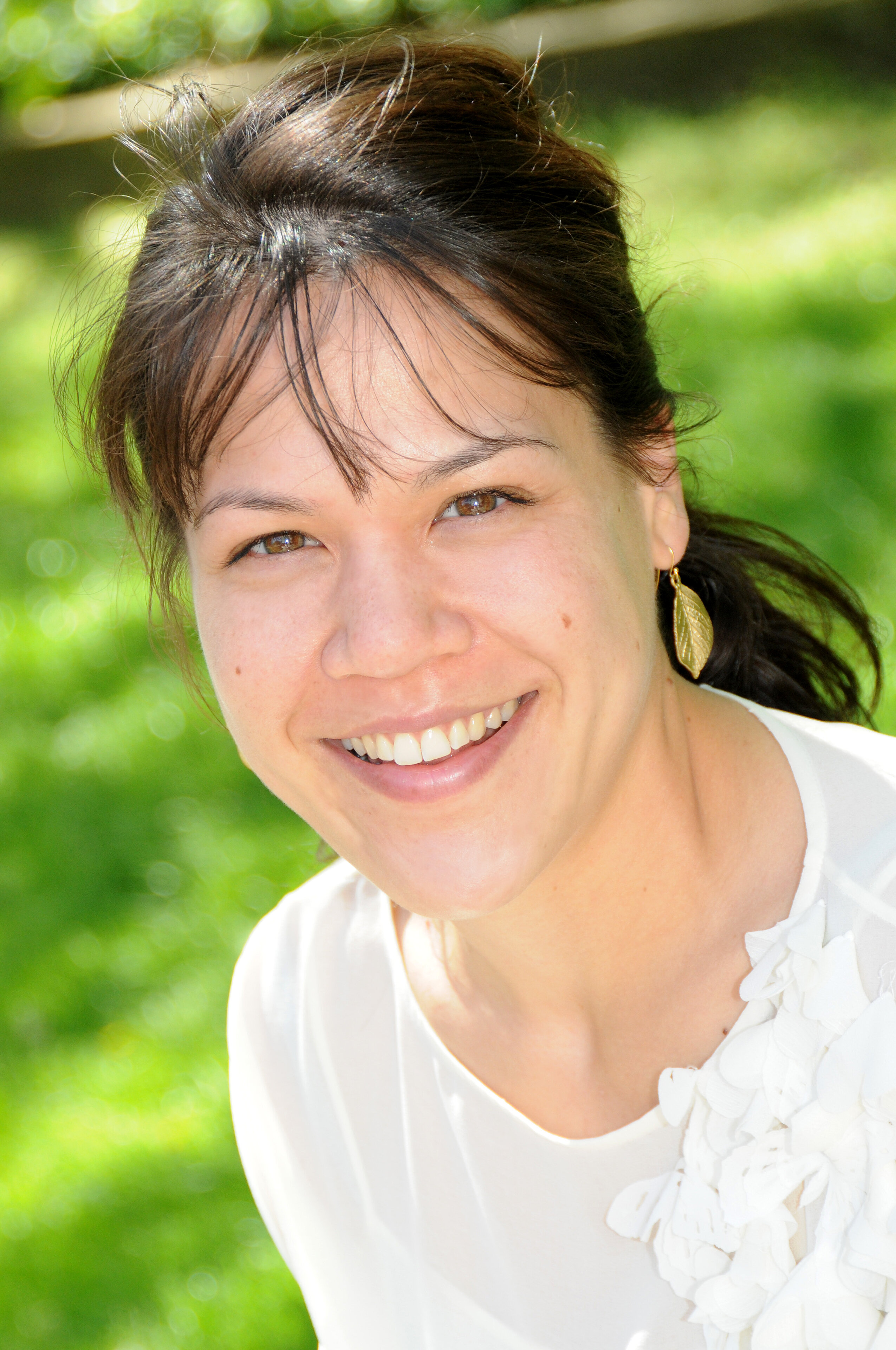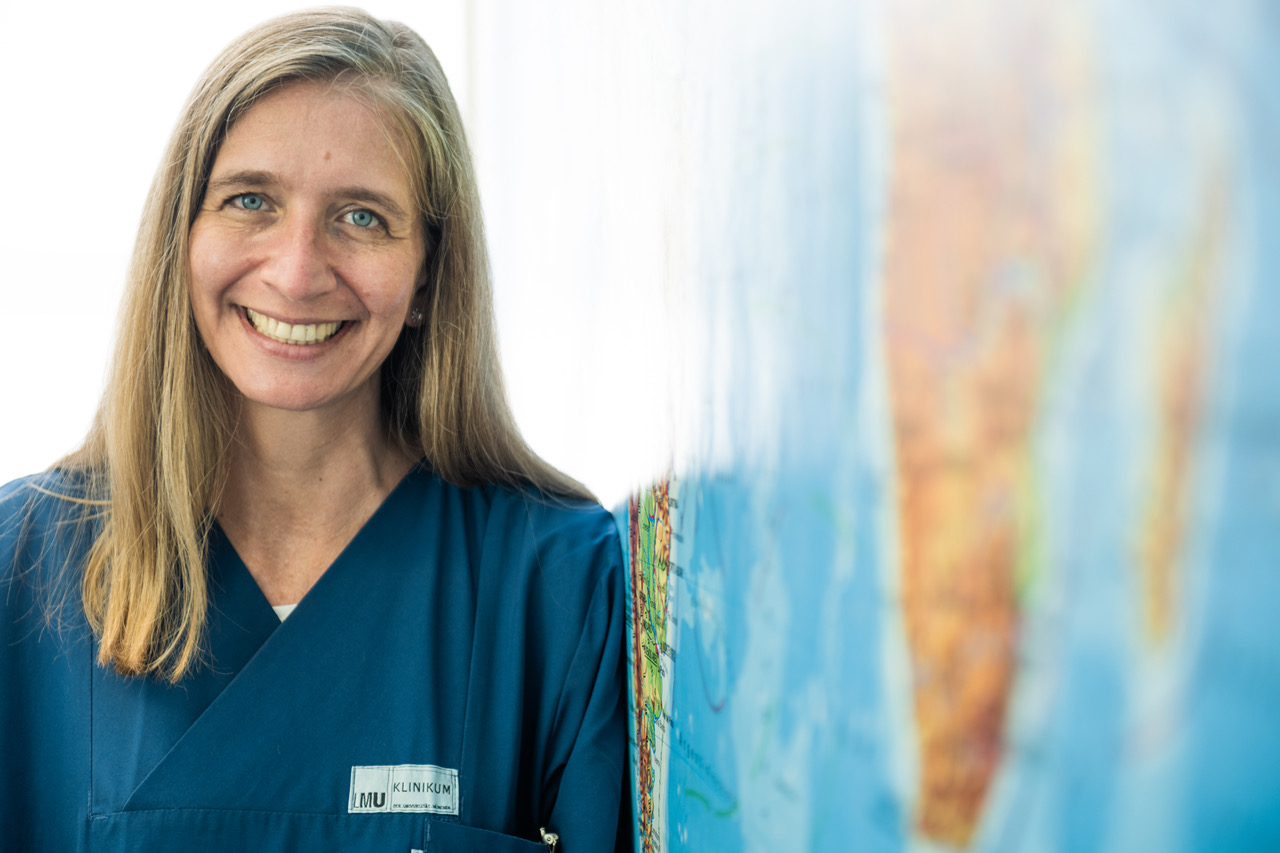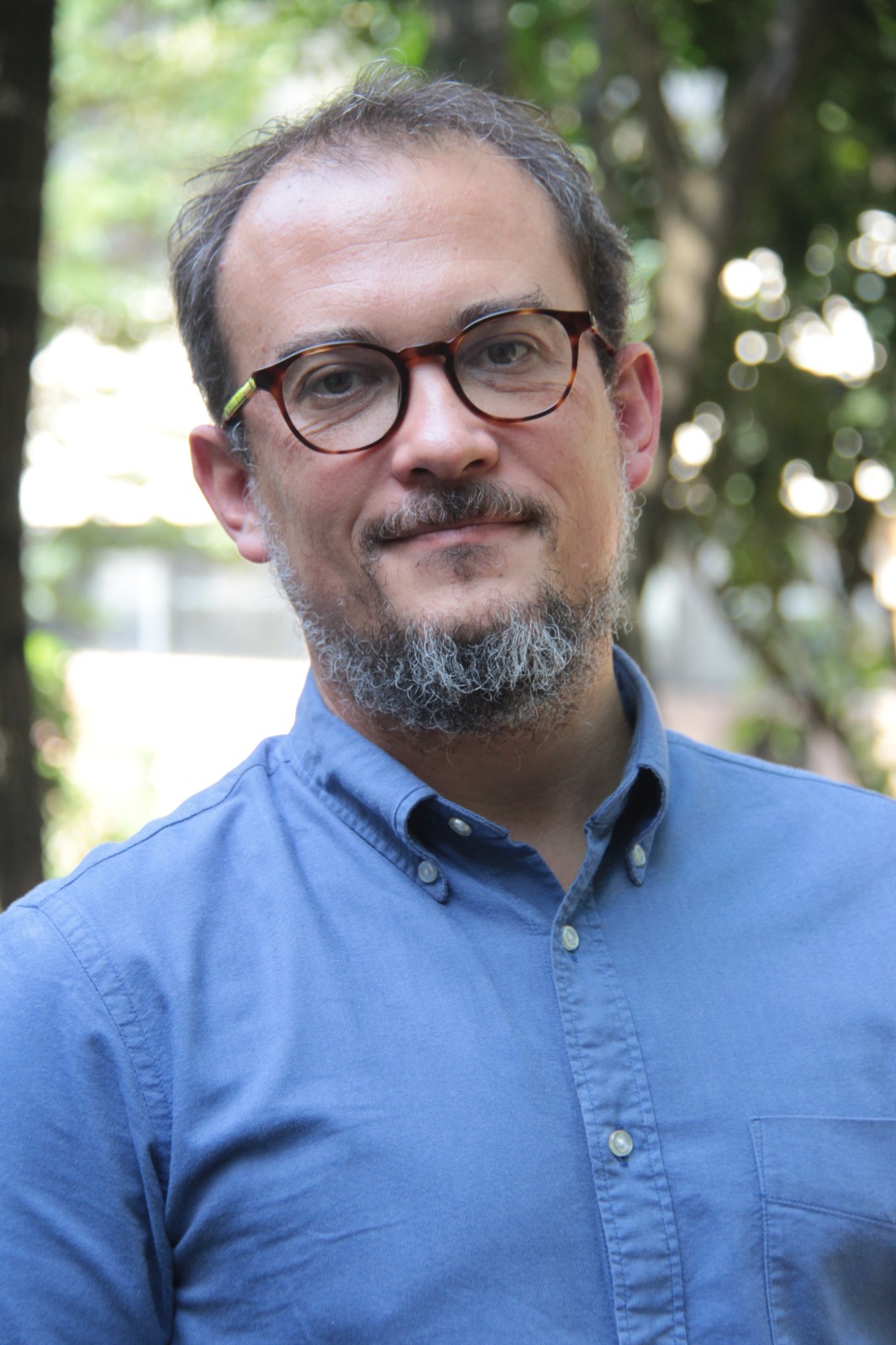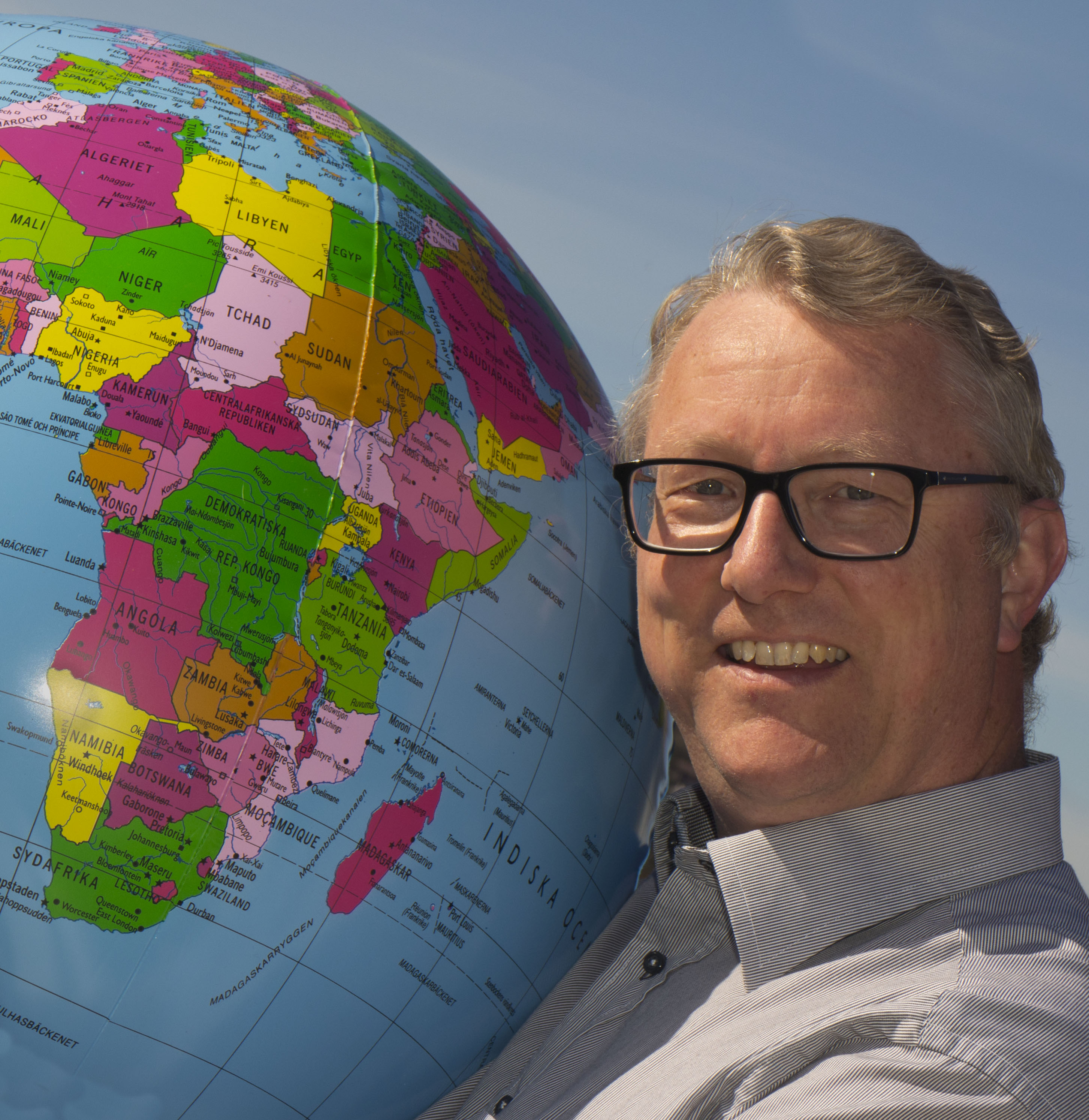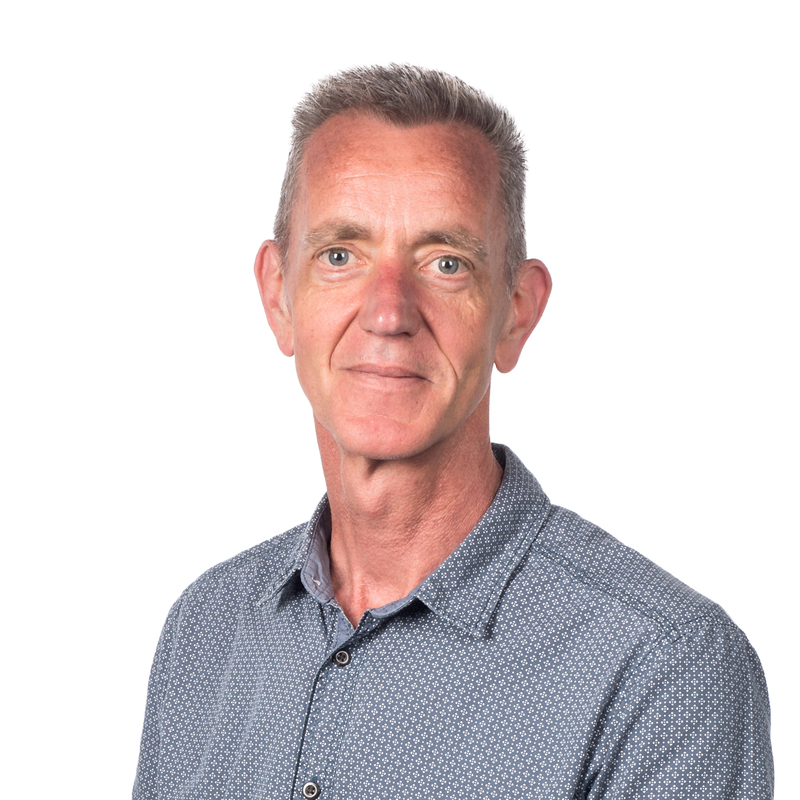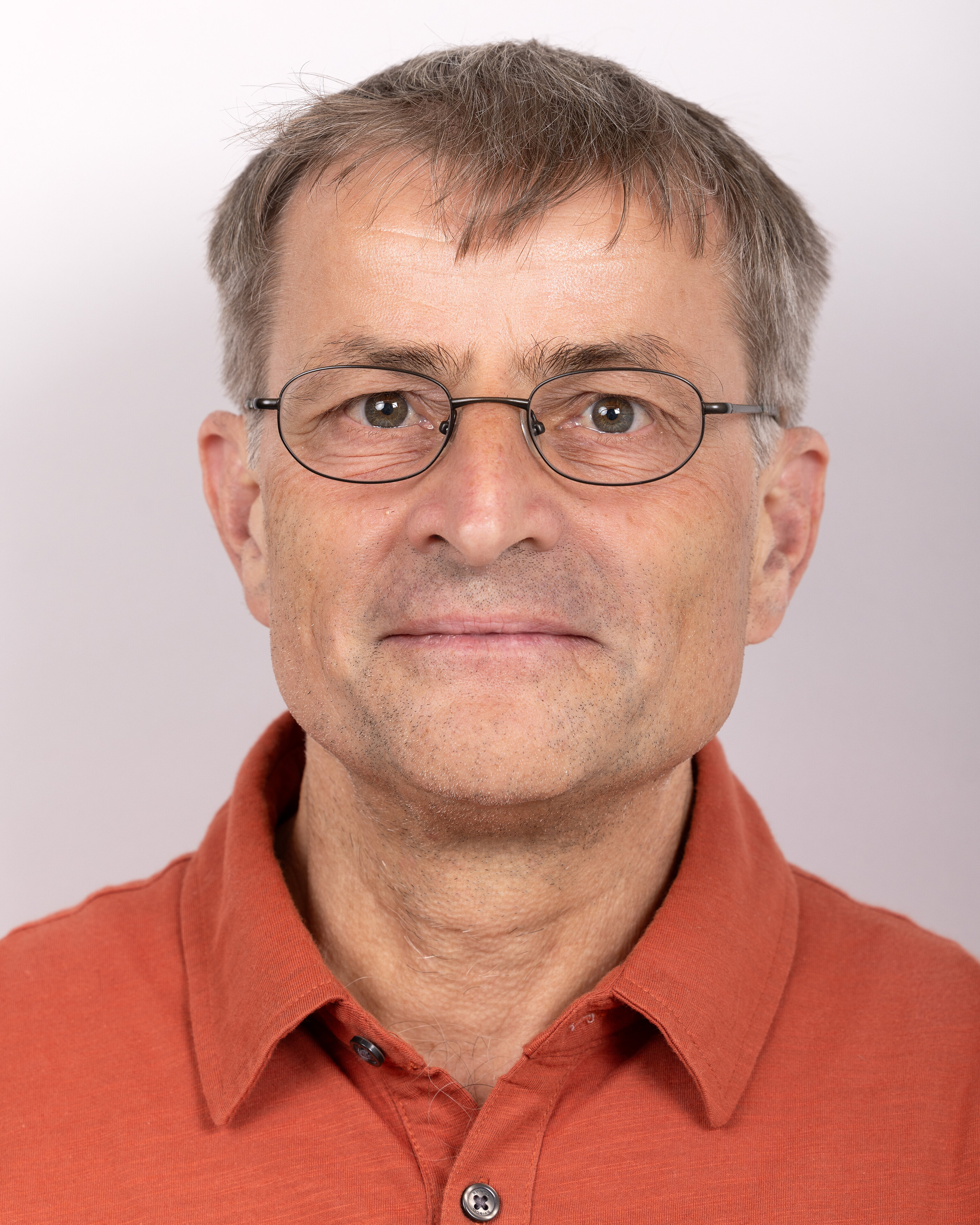Martin Grobusch obtained his medical degree from Bonn University, Germany, and completed his specialisations in internal medicine, infectious diseases and tropical medicine in the UK and at the Charité University Hospital, Berlin, Germany.
Following a period of full-time tropical diseases research at the Institute of Tropical Medicine in Tübingen, Germany and the Medical Research Unit (CERMEL) at the Albert Schweitzer Hospital in Lambaréné, Gabon, he was serving as Full Professor (Chair) of Infectious Diseases at the University of the Witwatersrand, Johannesburg, South Africa up from 2005.
In 2010, he took up his current position as Full Professor (Chair) of Tropical Medicine and Travel Medicine and Head of the Centre of Tropical Medicine and Travel Medicine at the Amsterdam University Medical Centres, the Netherlands, where he leads a multi-disciplinary team encompassing clinical care, research and teaching activities. He is currently Visiting Professor at the University of Tübingen, Germany; Clinical Work Group Leader at CERMEL in Lambaréné, Gabon; Adjunct Member and Professor at the Institute of Infectious Diseases and Molecular Medicine at the University of Cape Town, South Africa; and Director of the Masanga Medical Research Centre in Masanga, Sierra Leone.
Martin’s main research interests including the development of prophylactic and therapeutic tools are malaria, (drug-resistant) tuberculosis and co-infections, viral haemorrhagic fevers, emerging infectious diseases, travel medicine and general infectious diseases topics as they arise from clinical practice. This includes extensive clinical trial experience (phase 1-4 including malaria drug and vaccine development, DR-TB drug development, Ebola, geohelminth (hookworm) vaccine development as well as SARS-CoV-2 drug and vaccine development.
